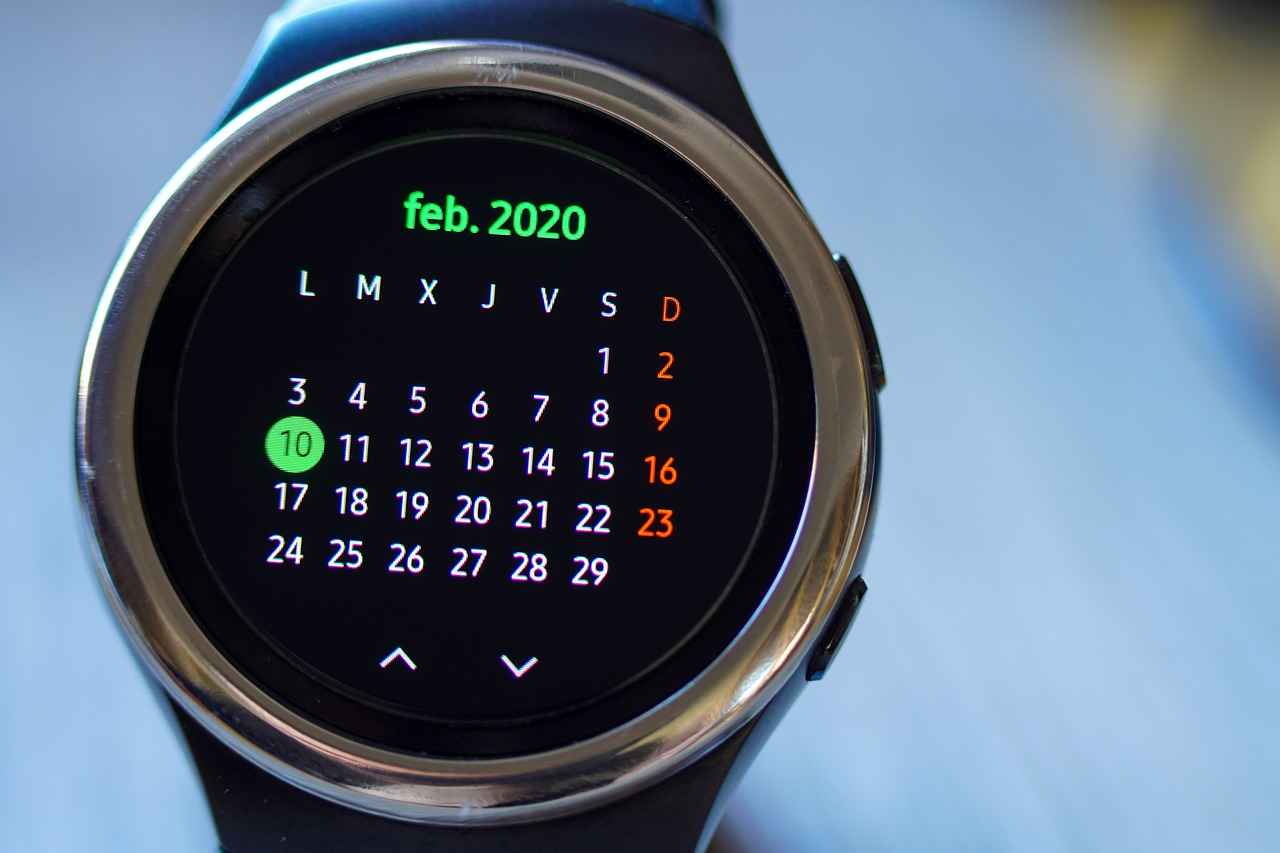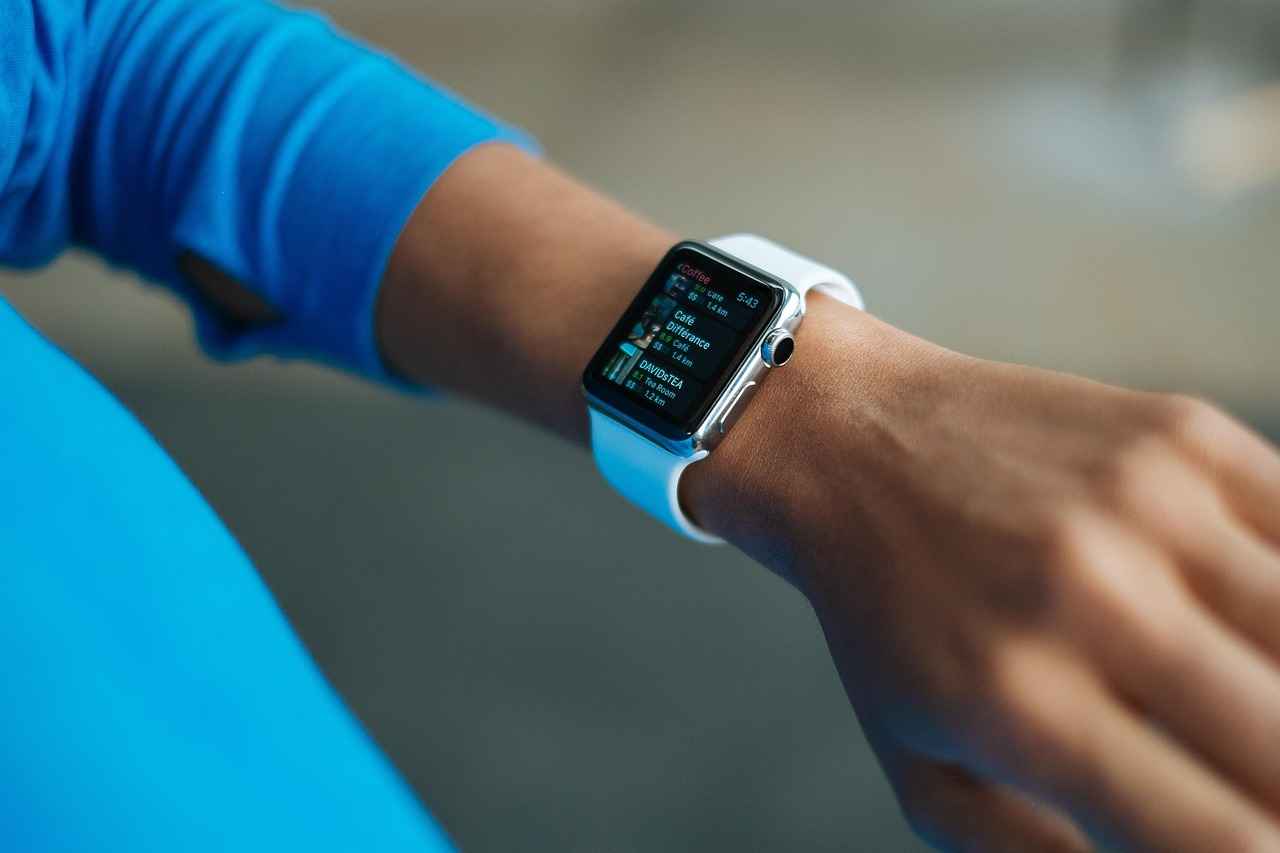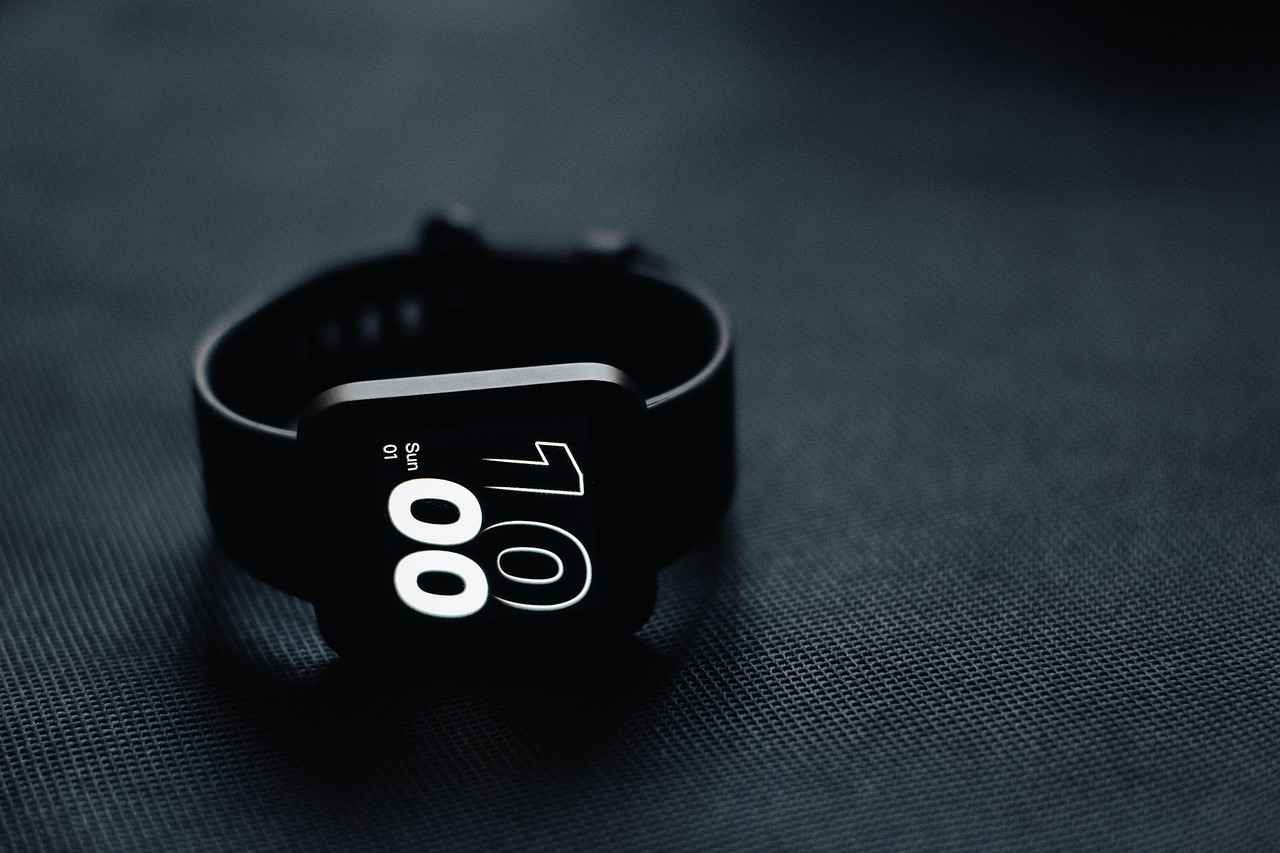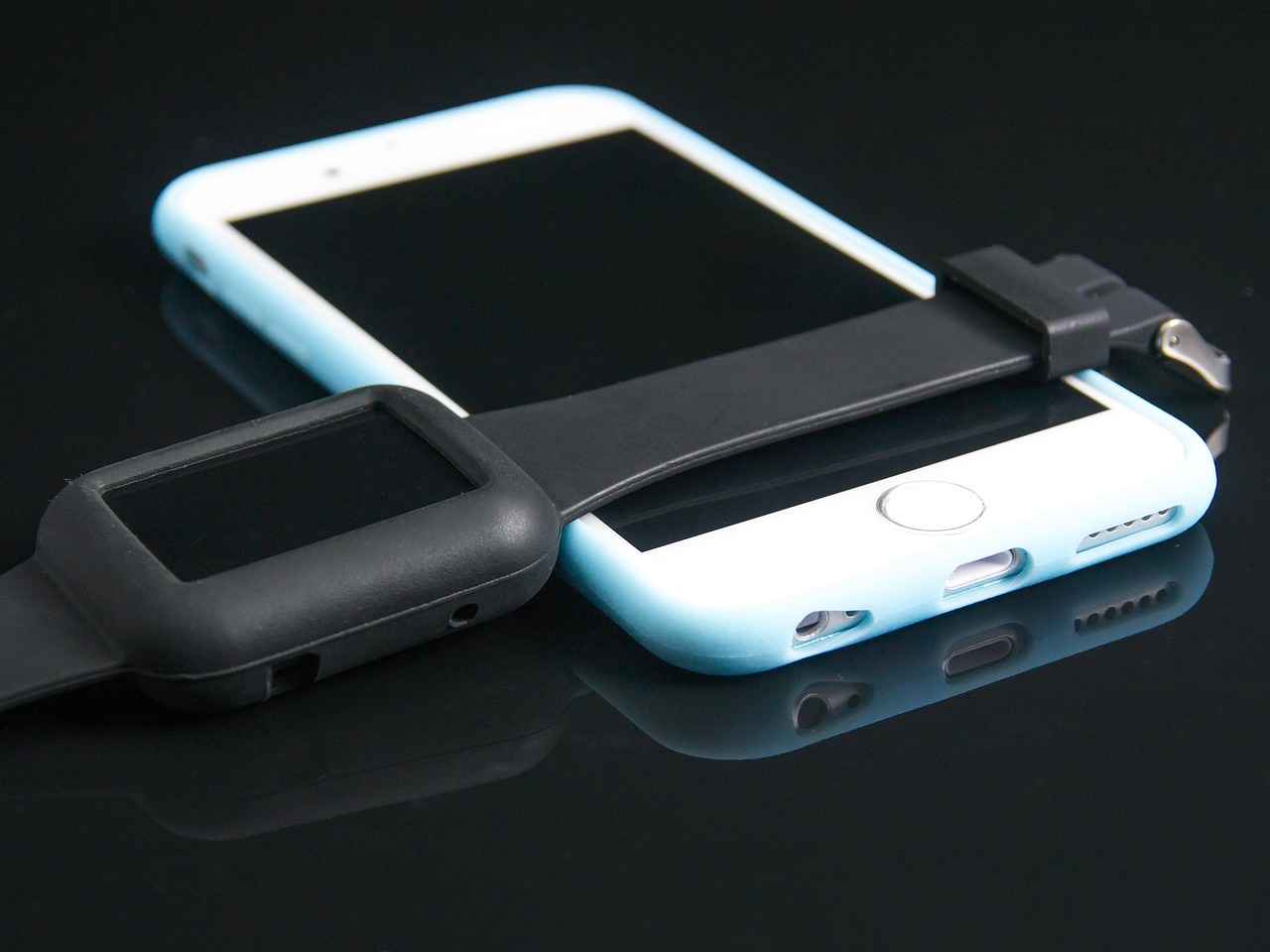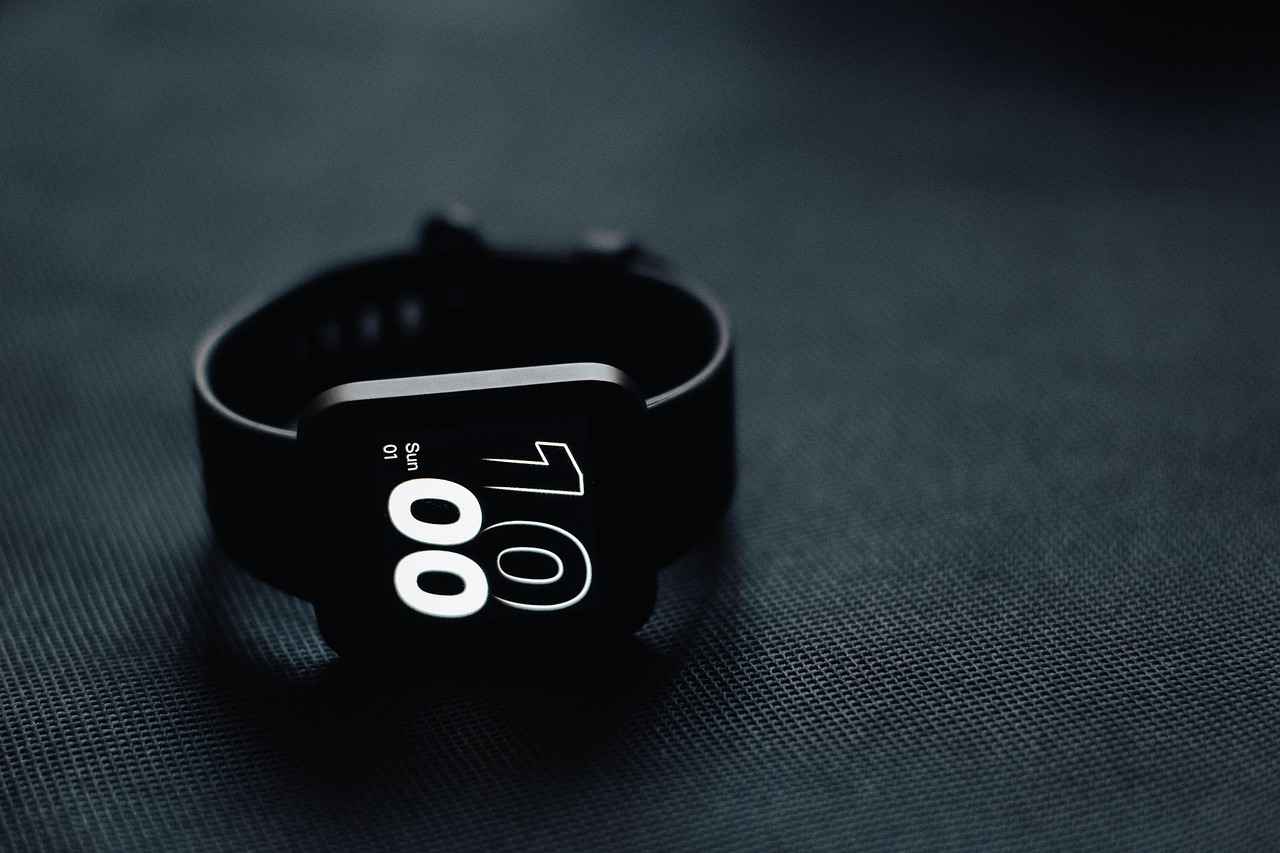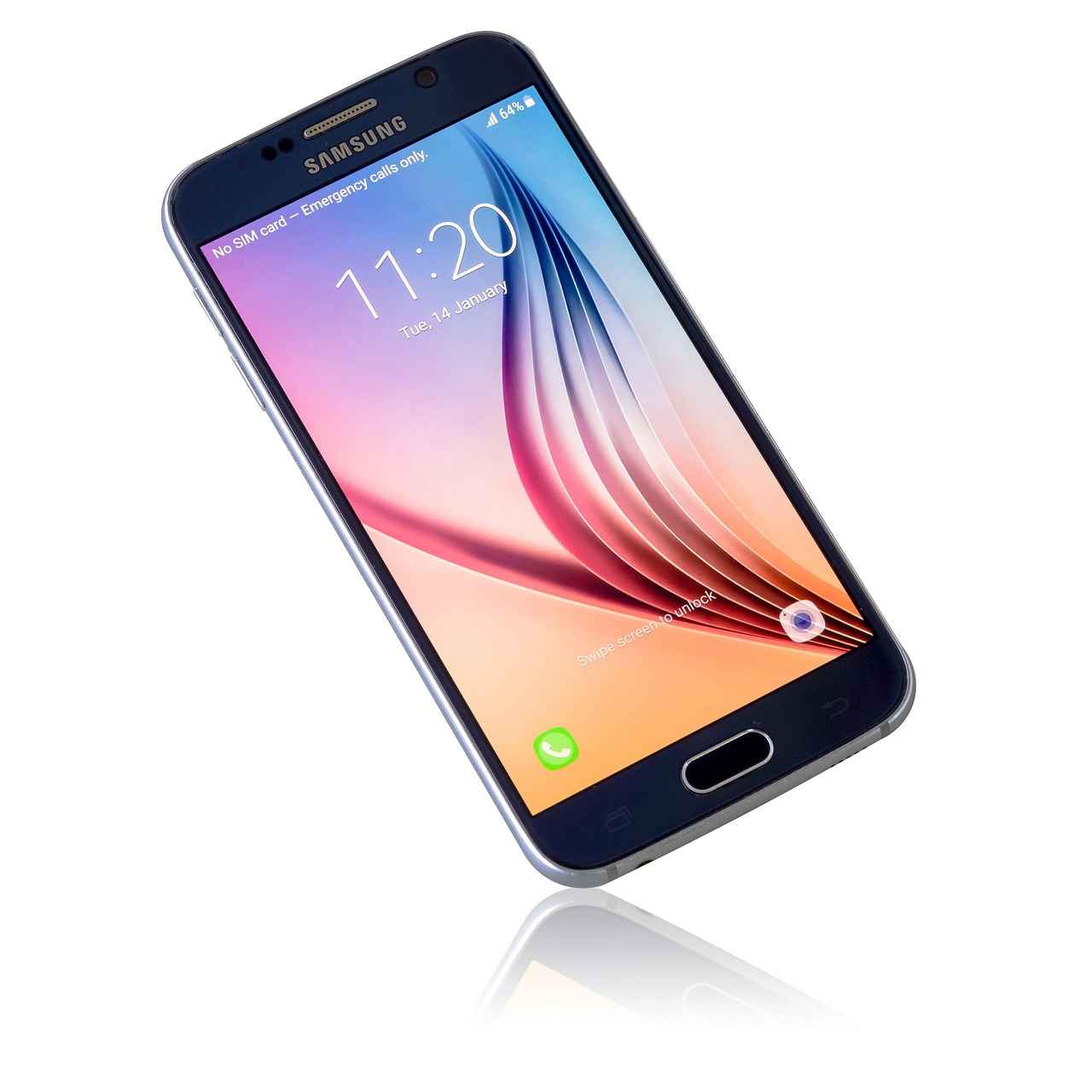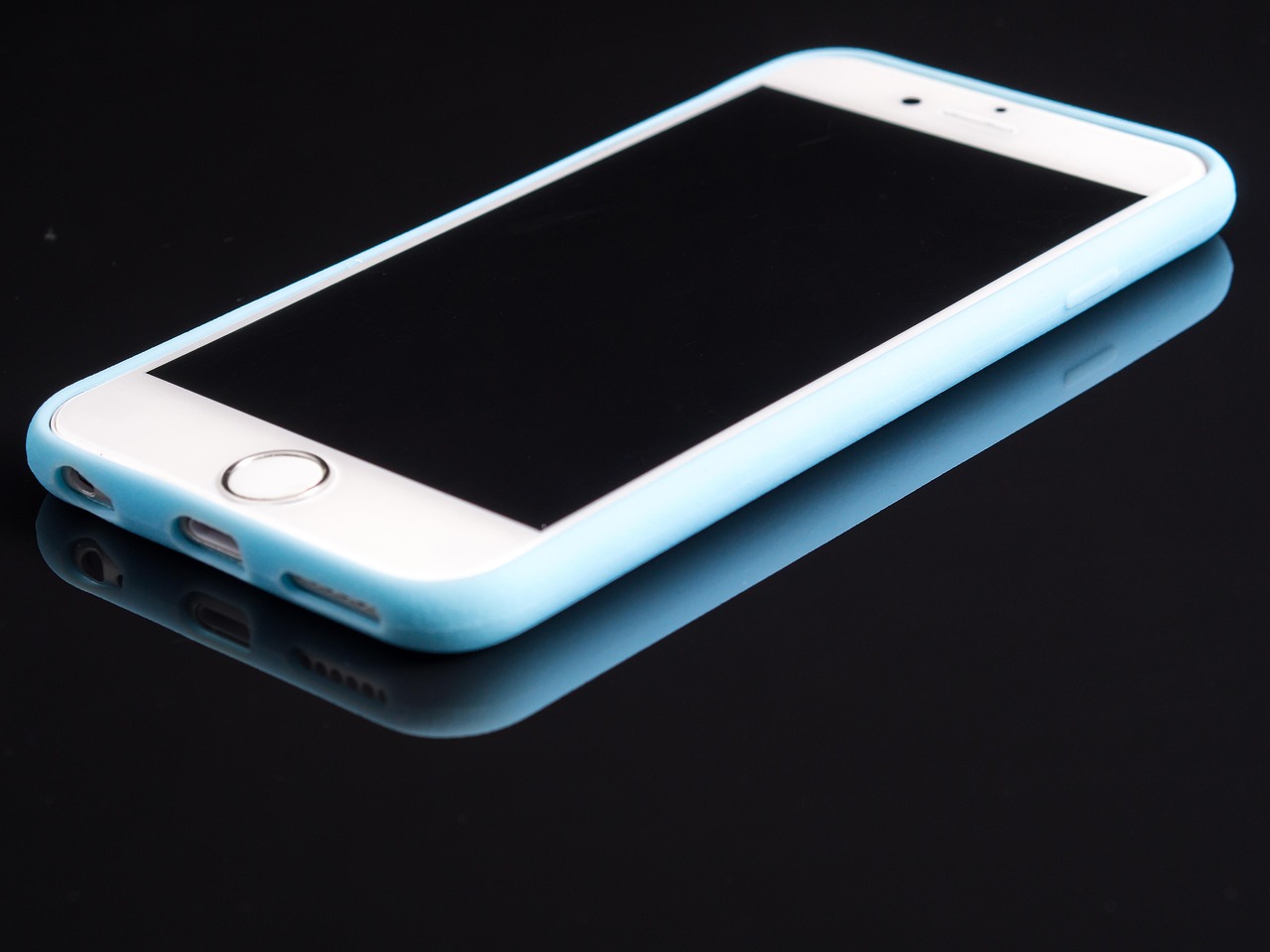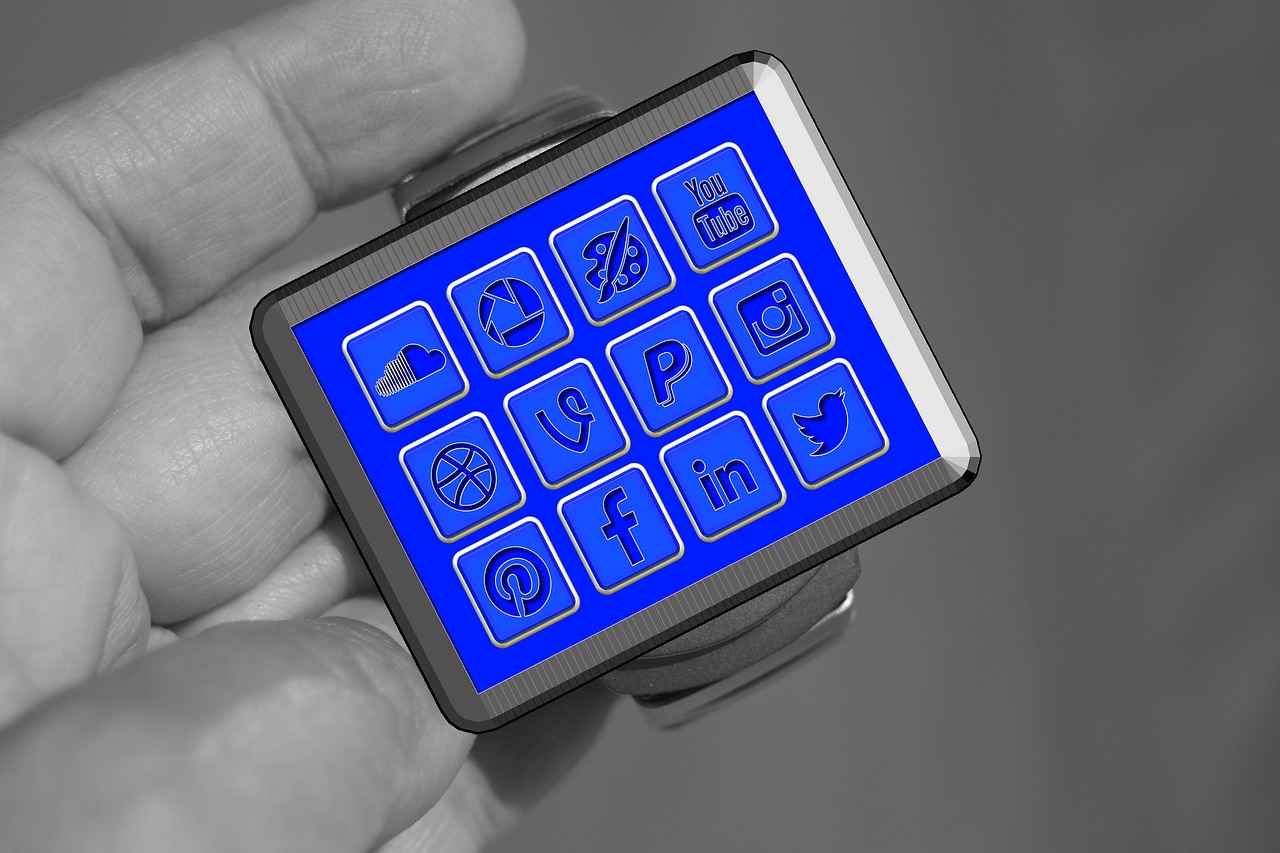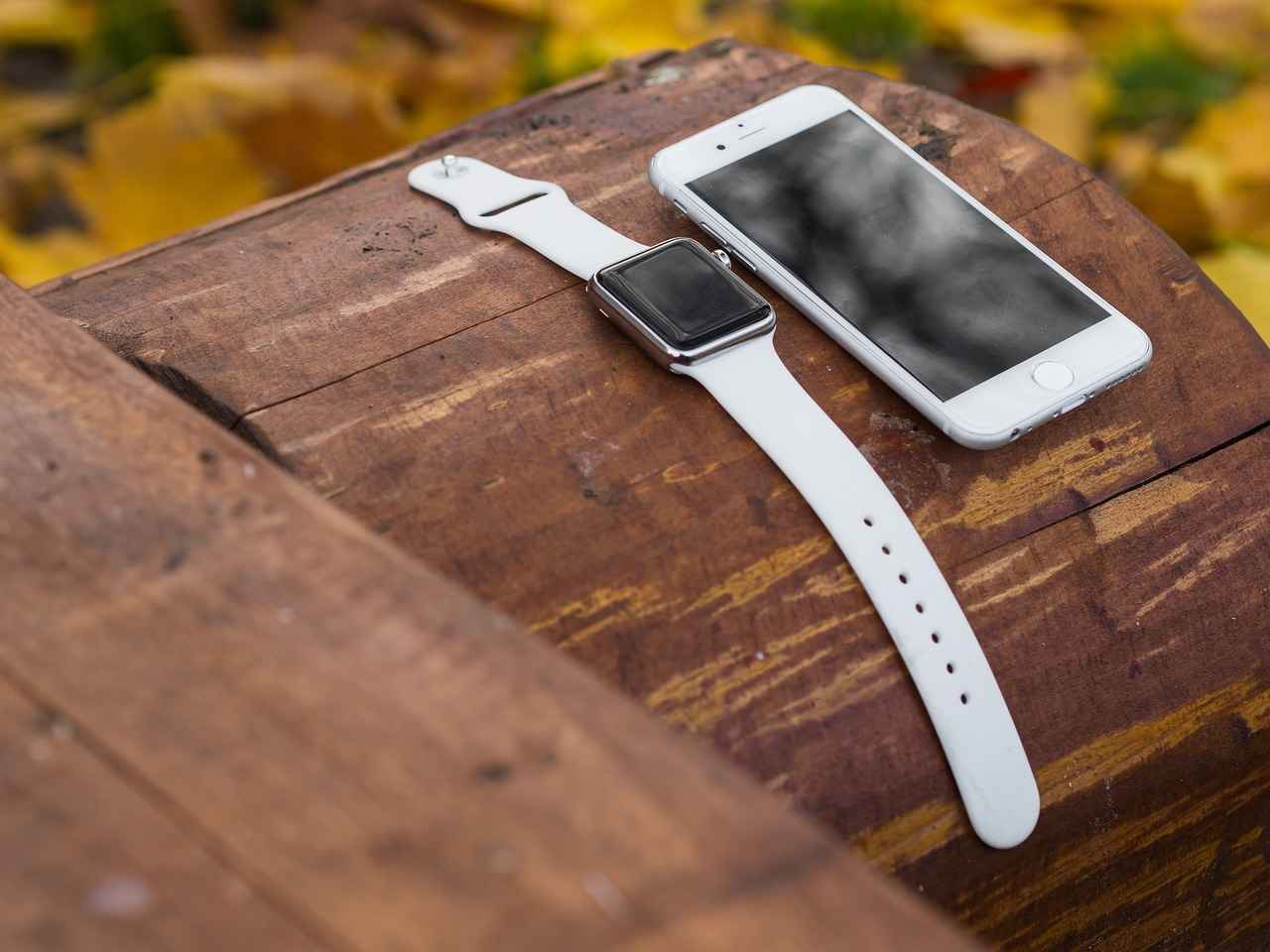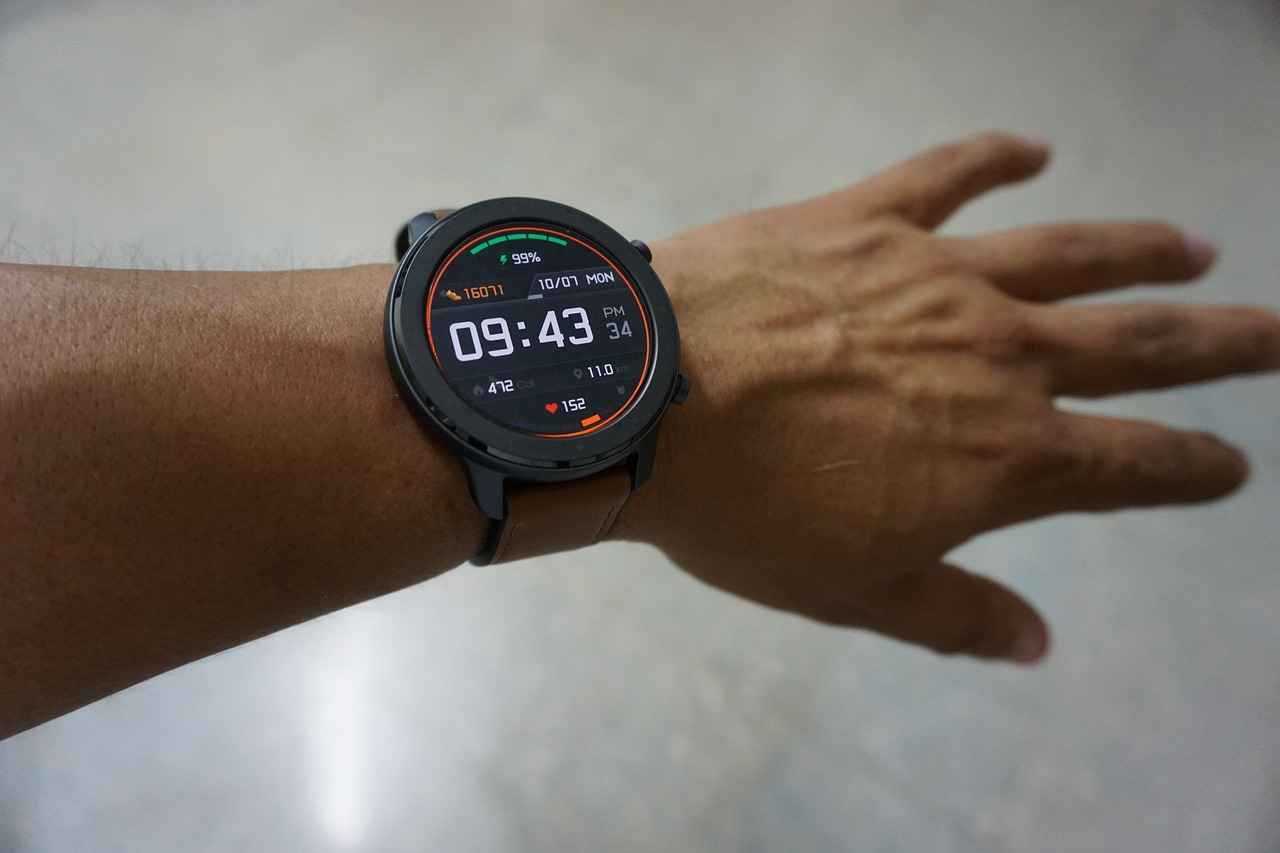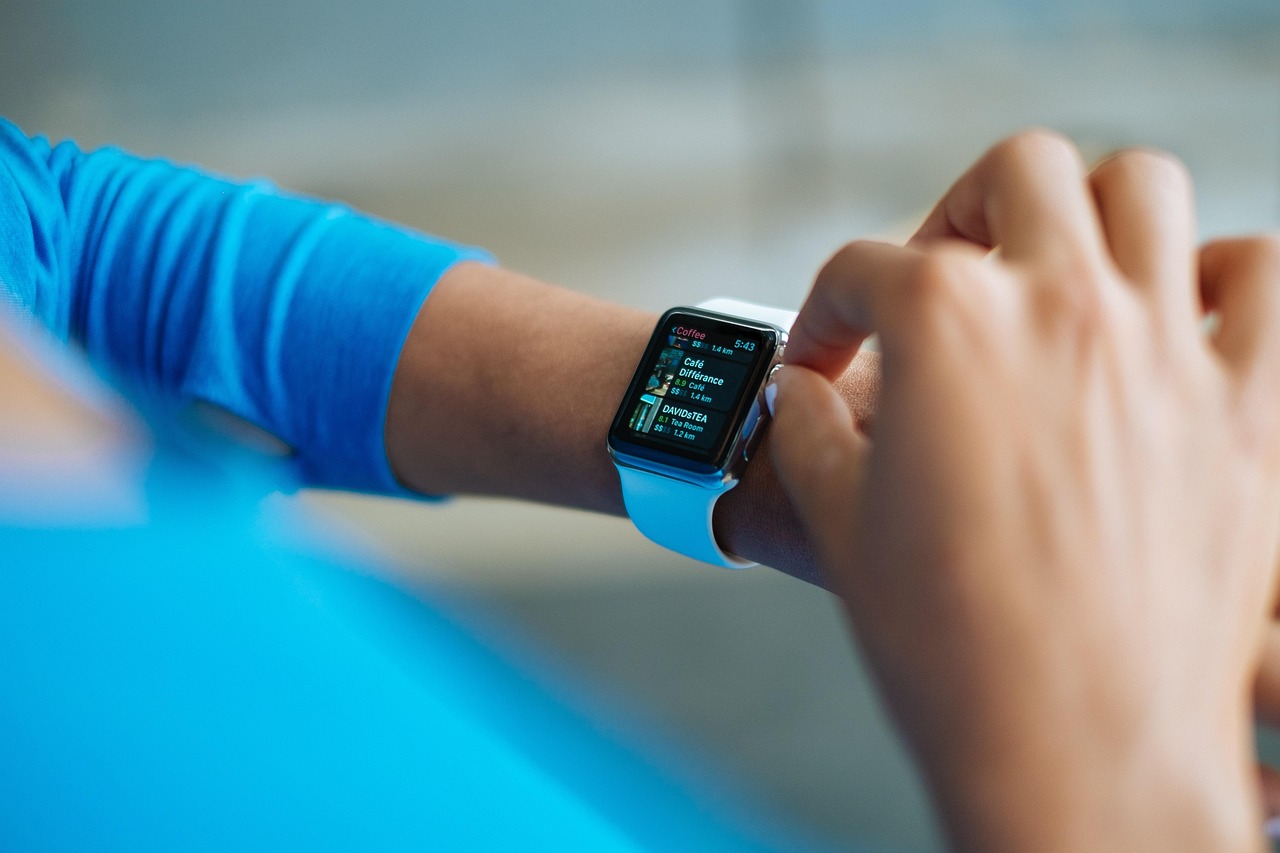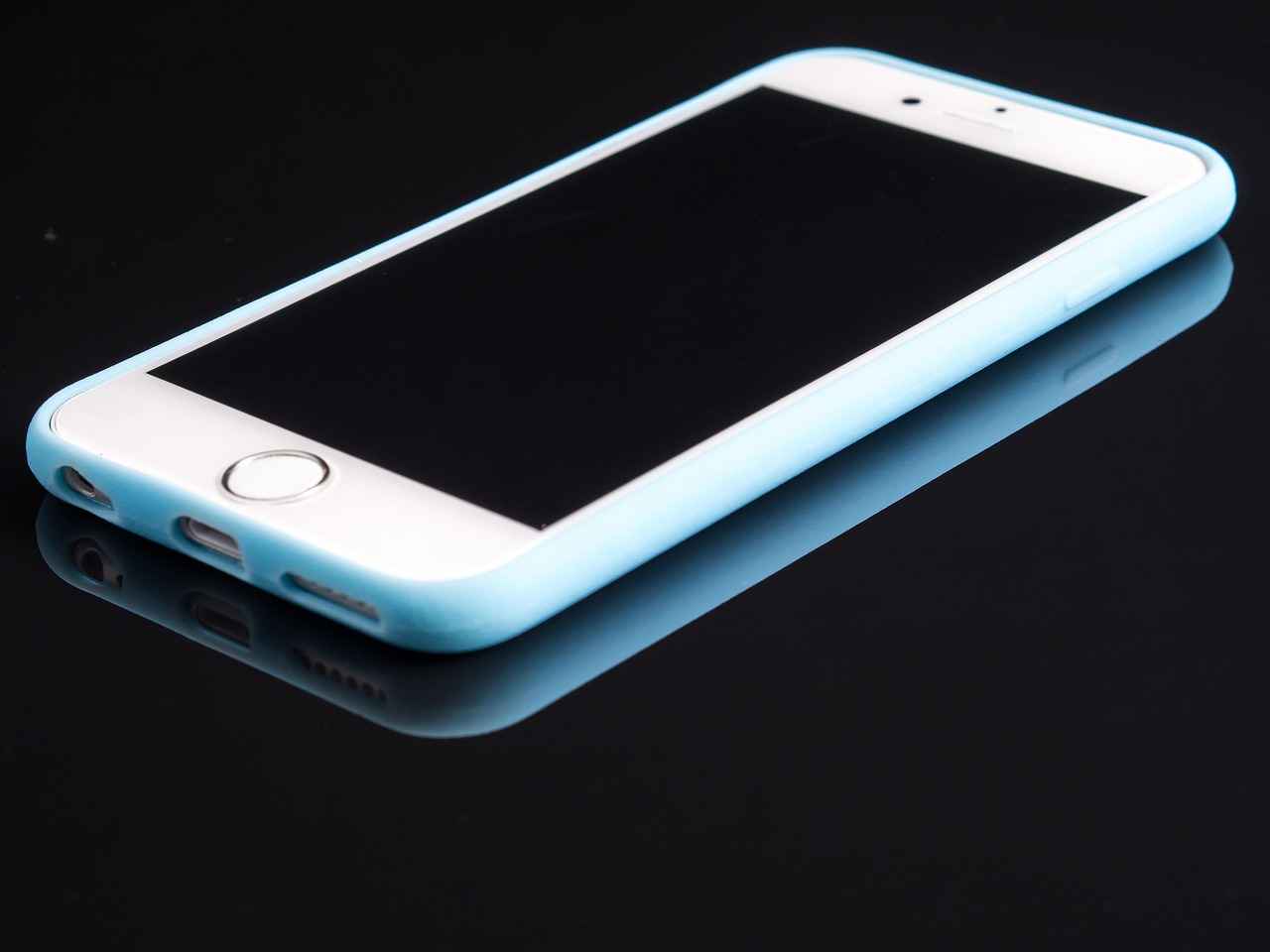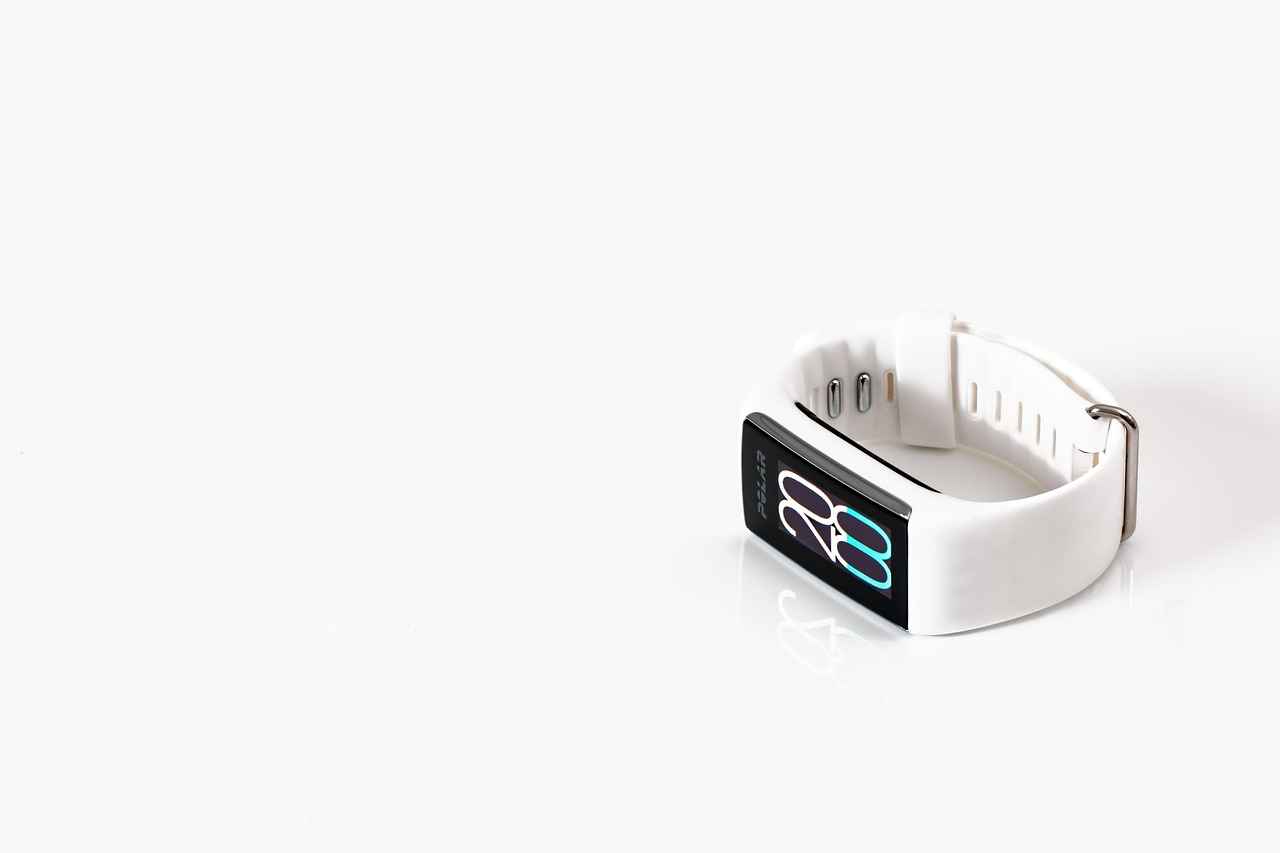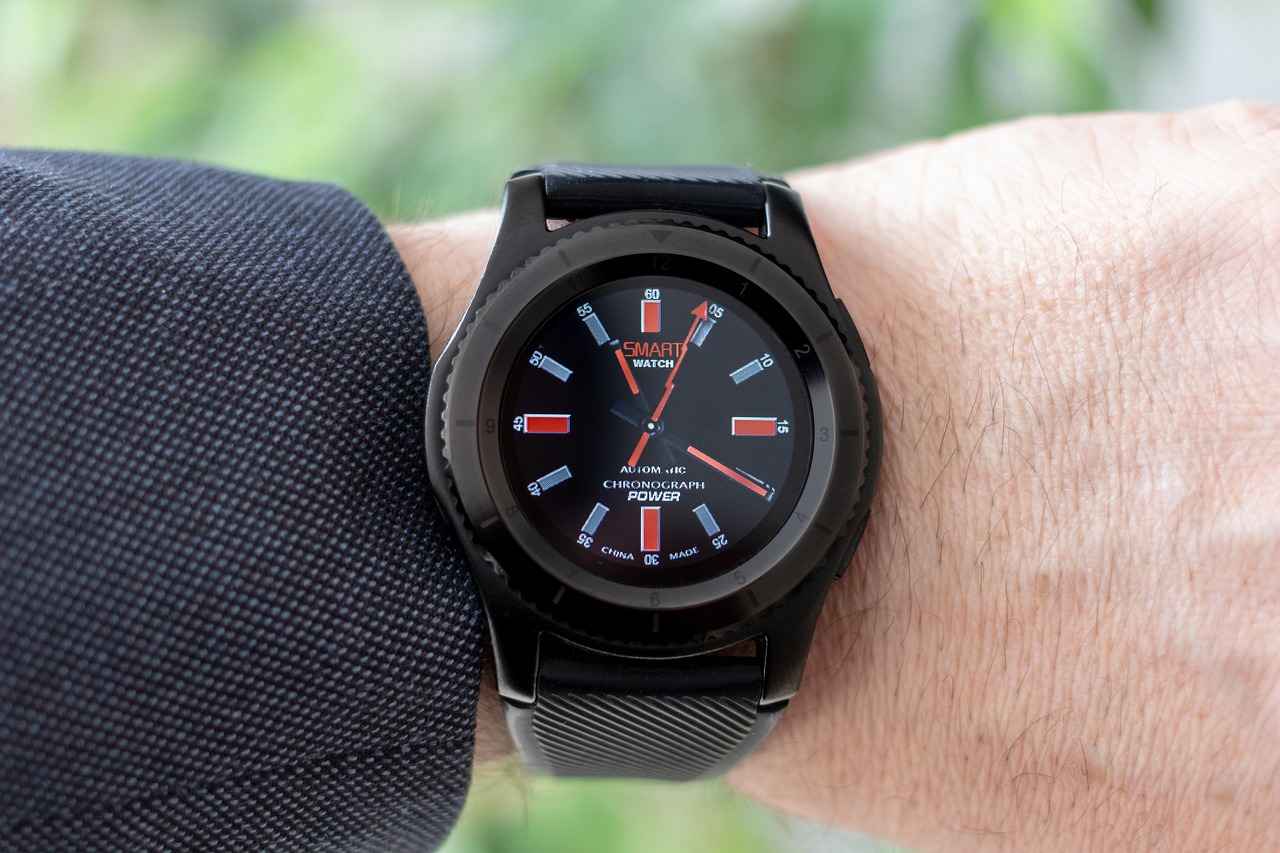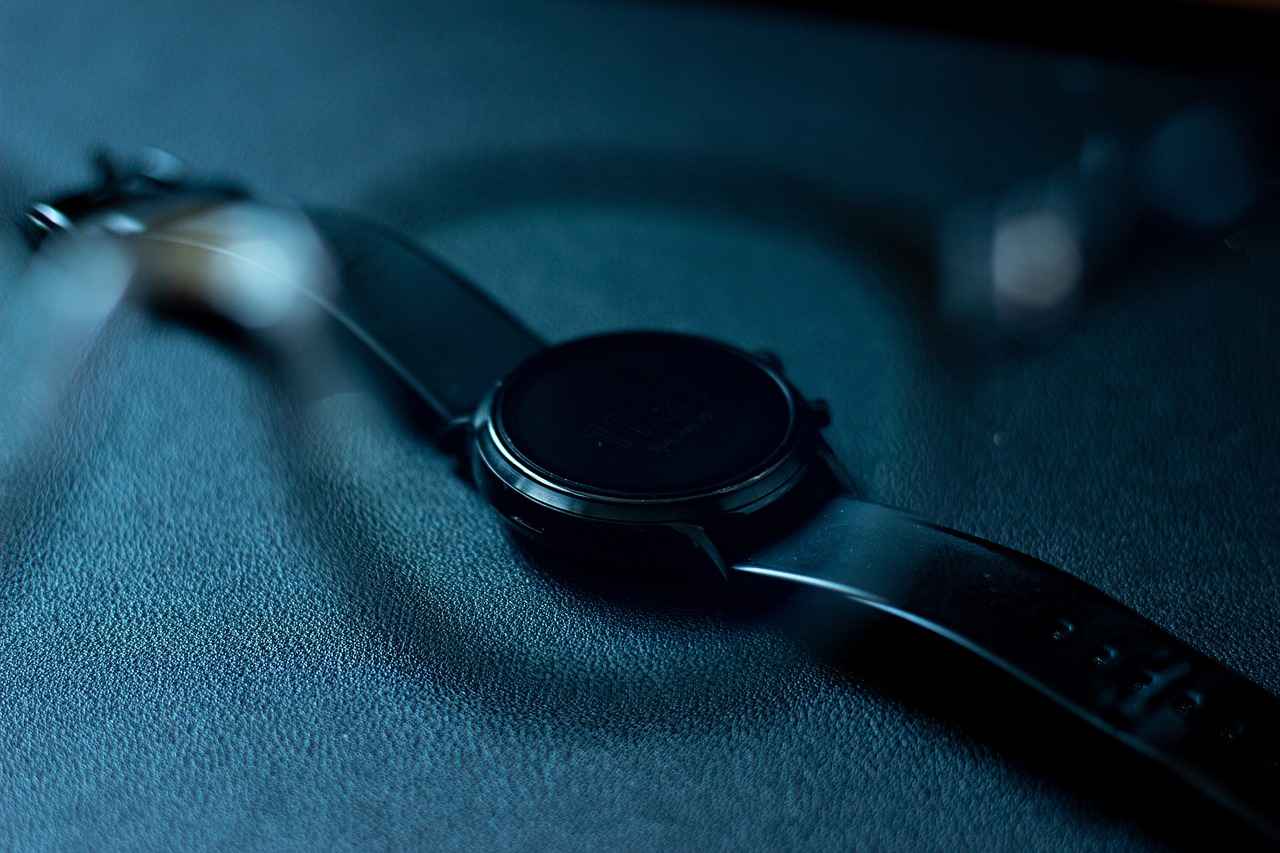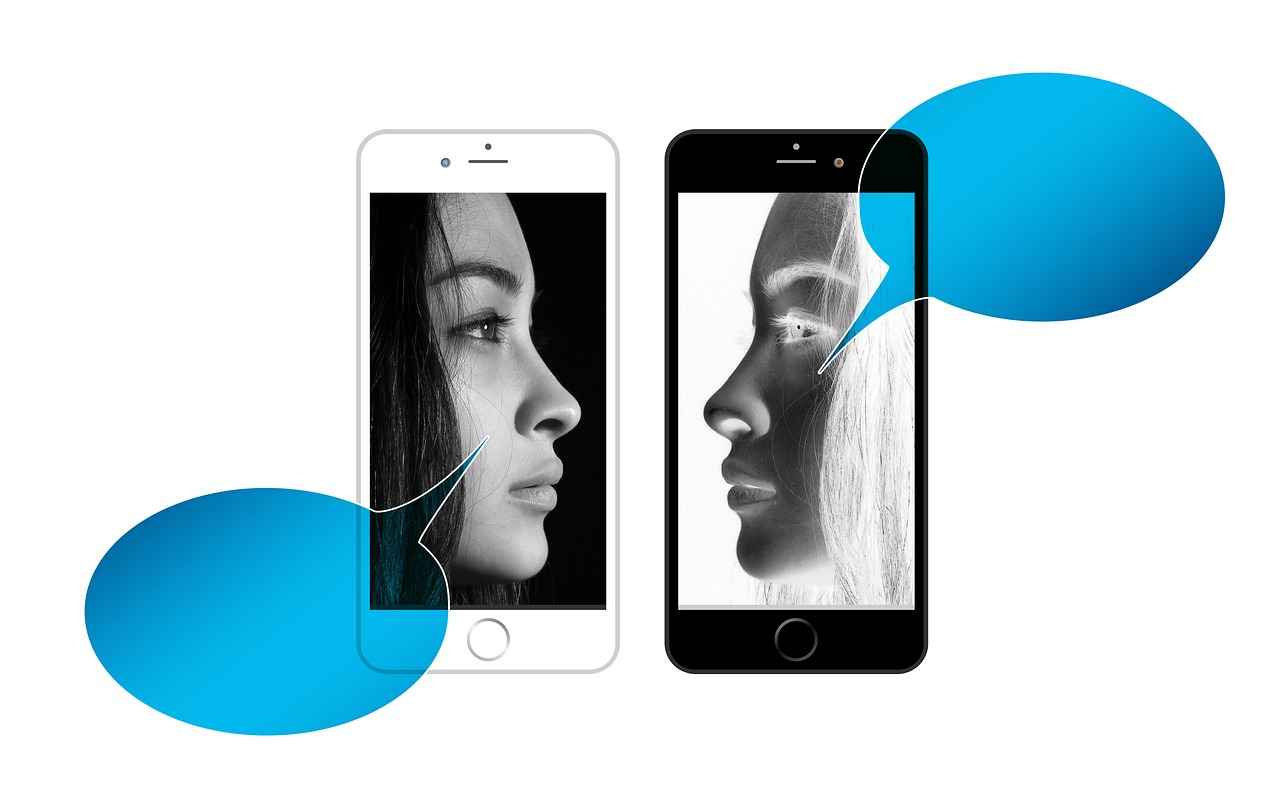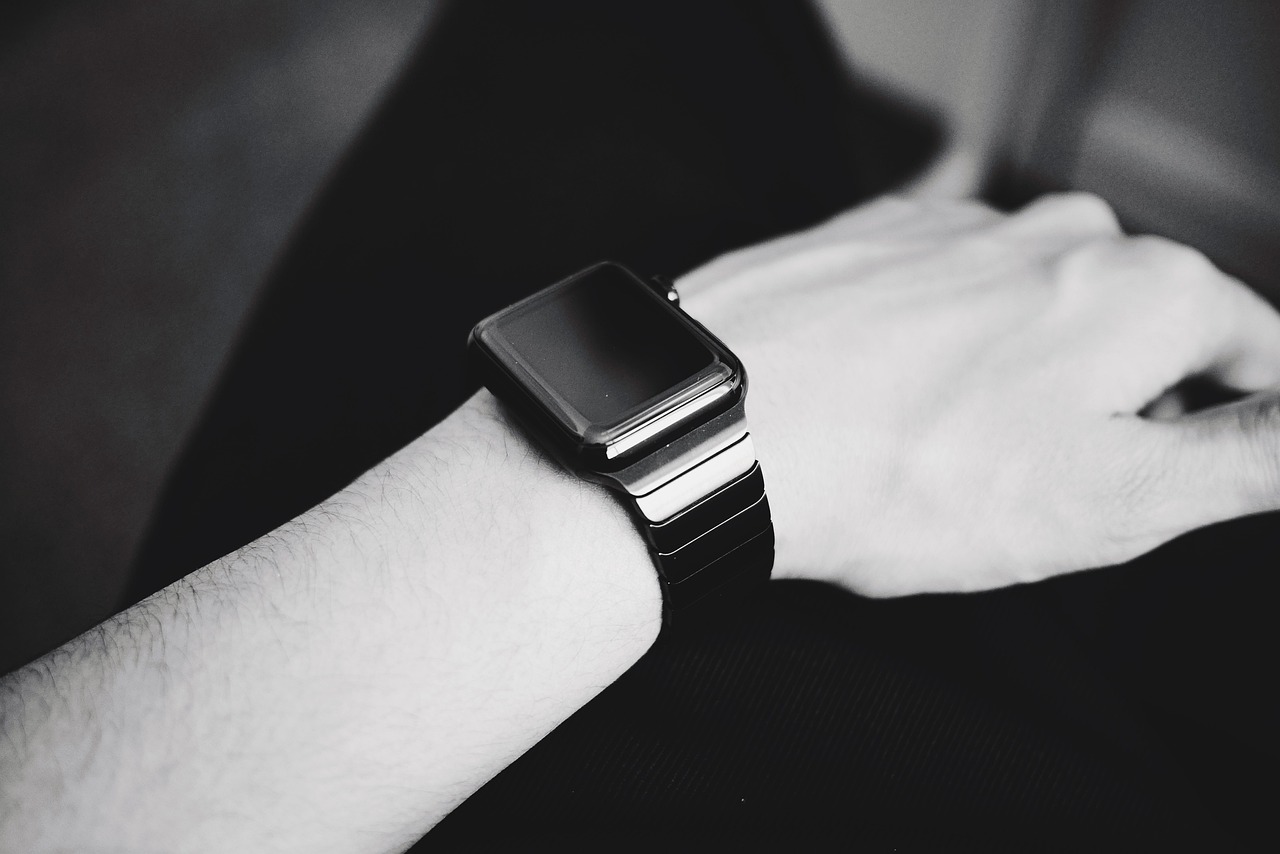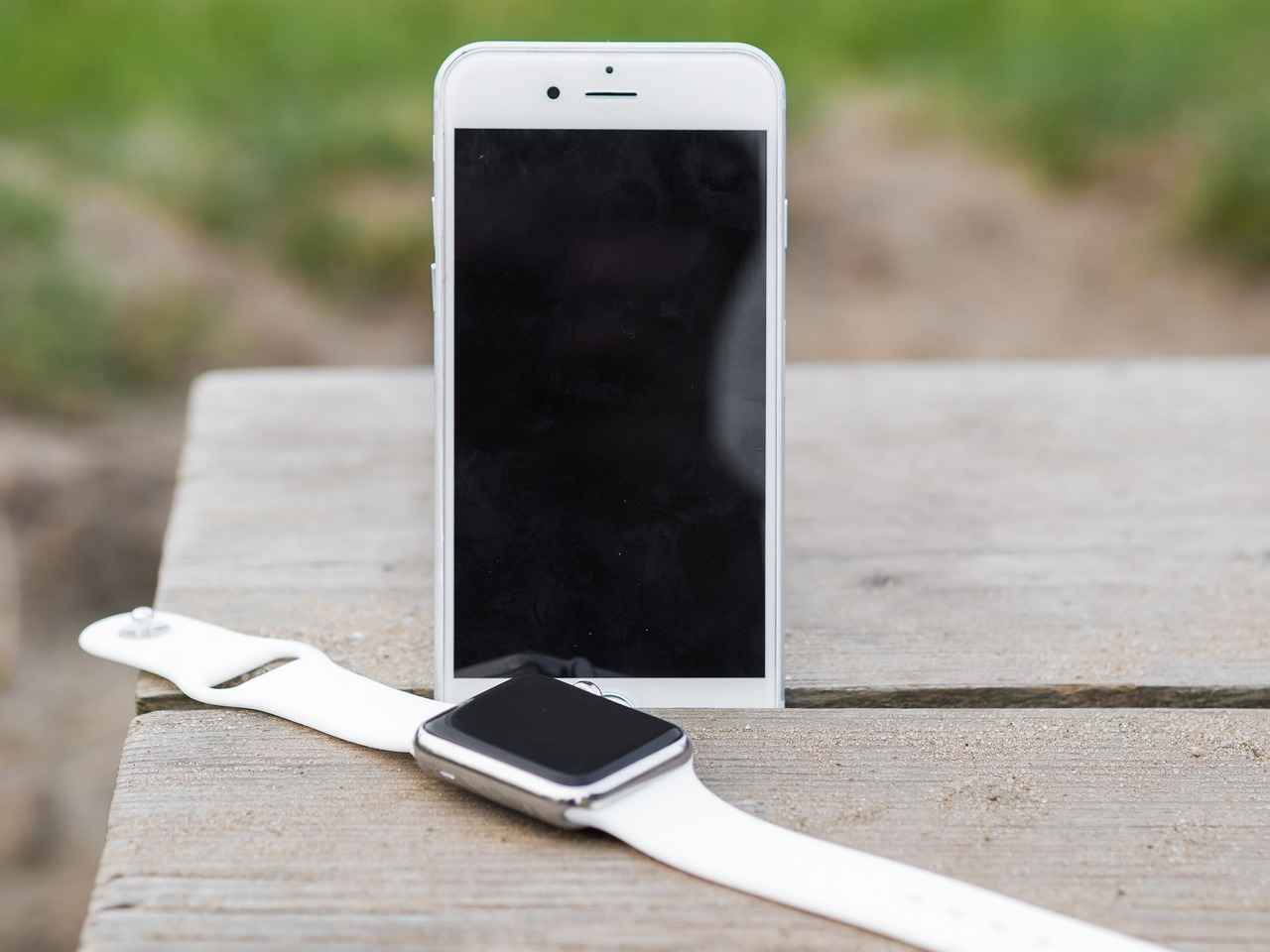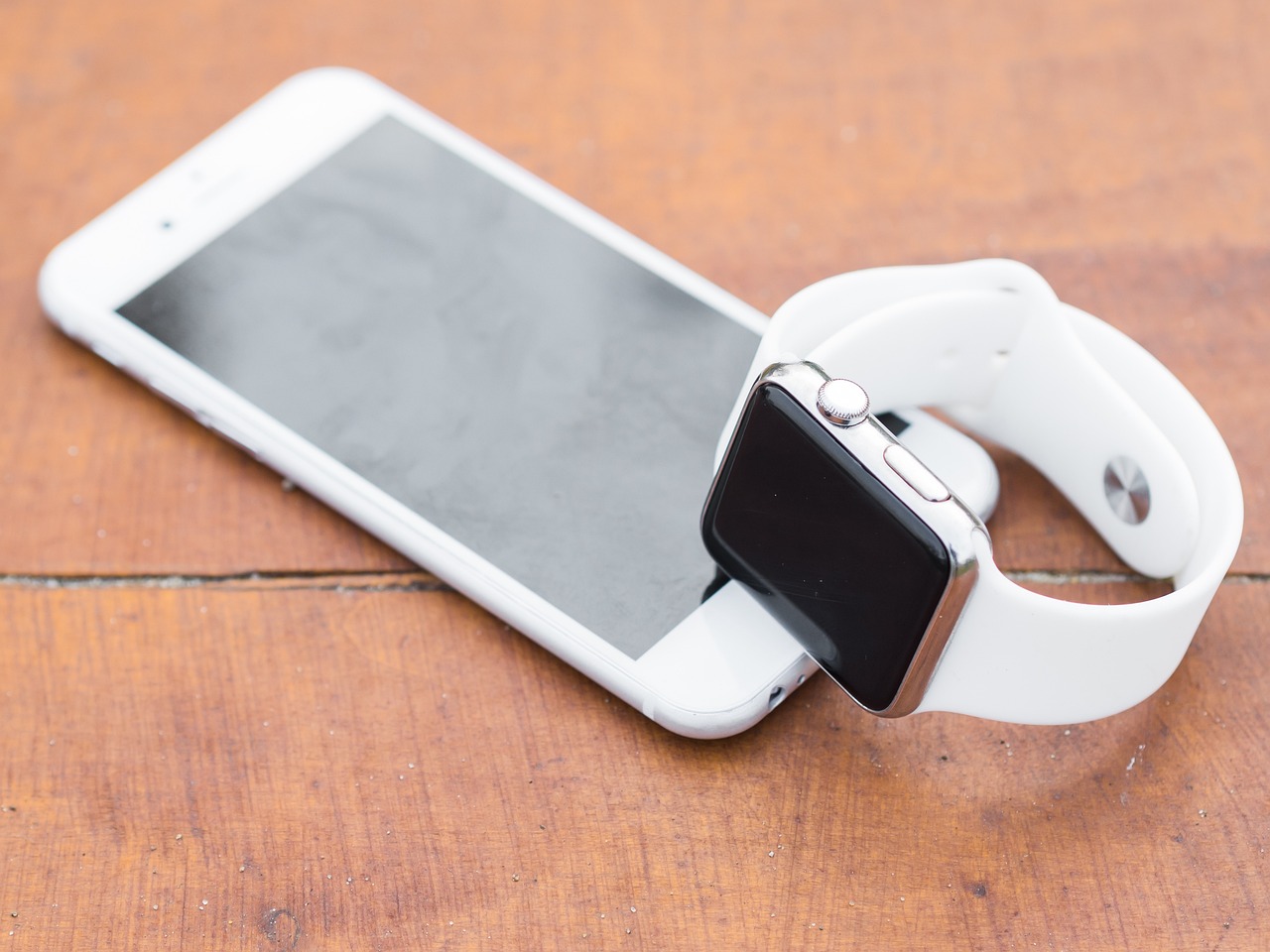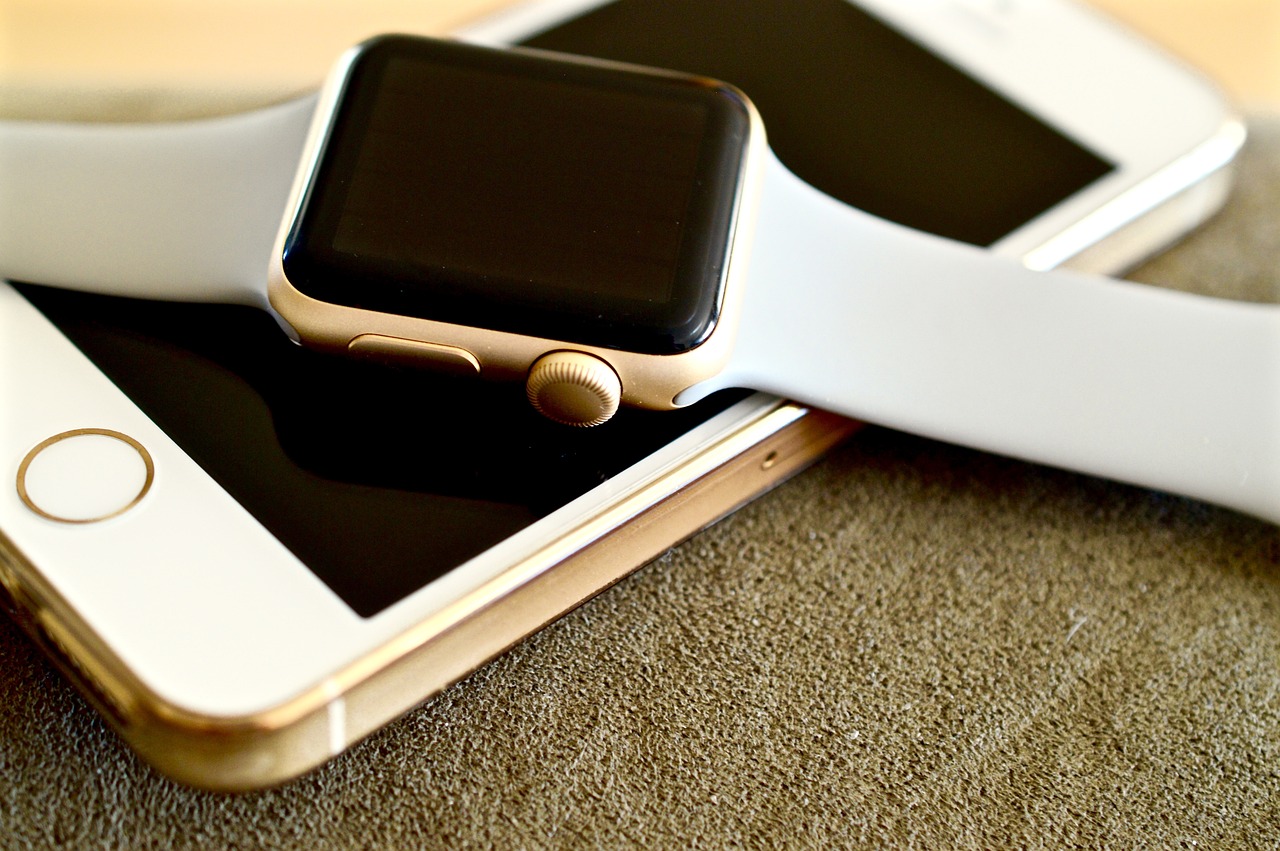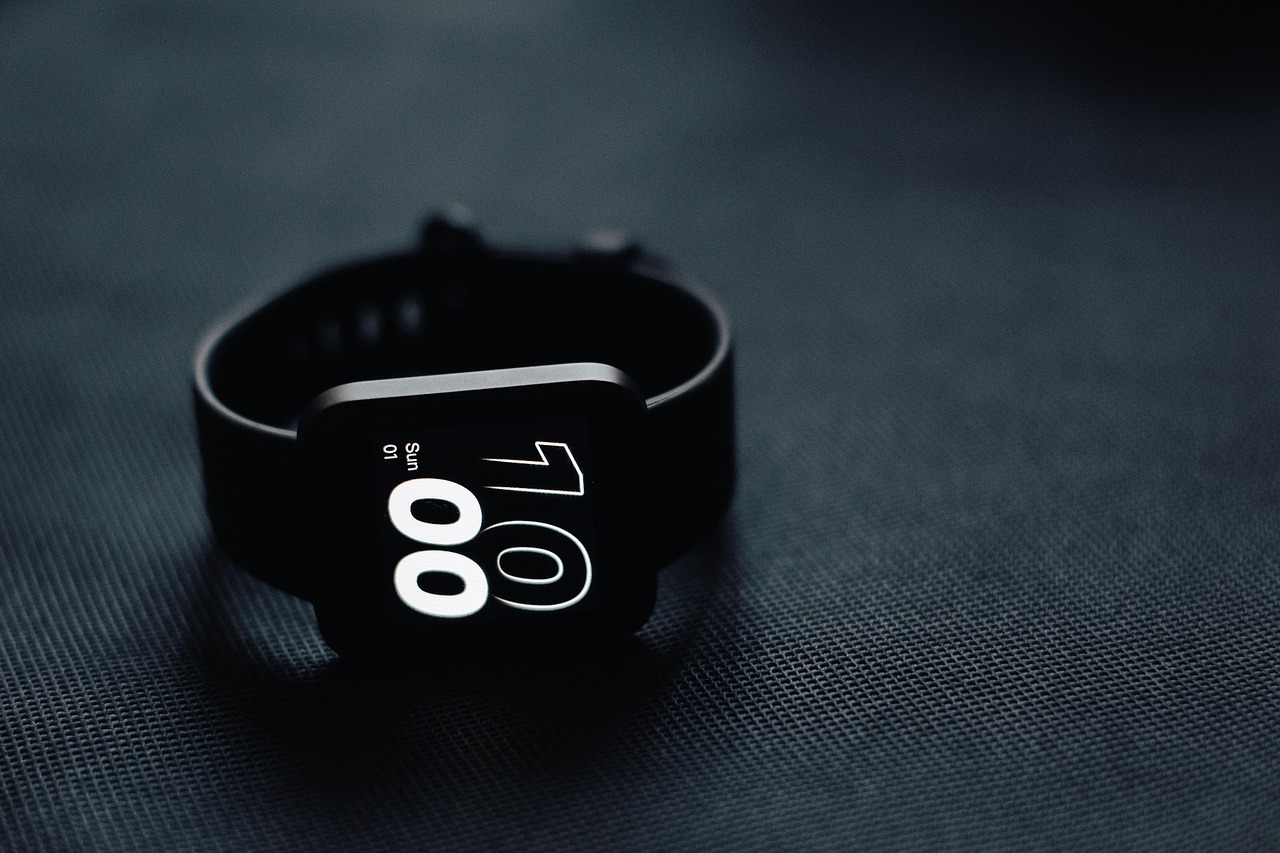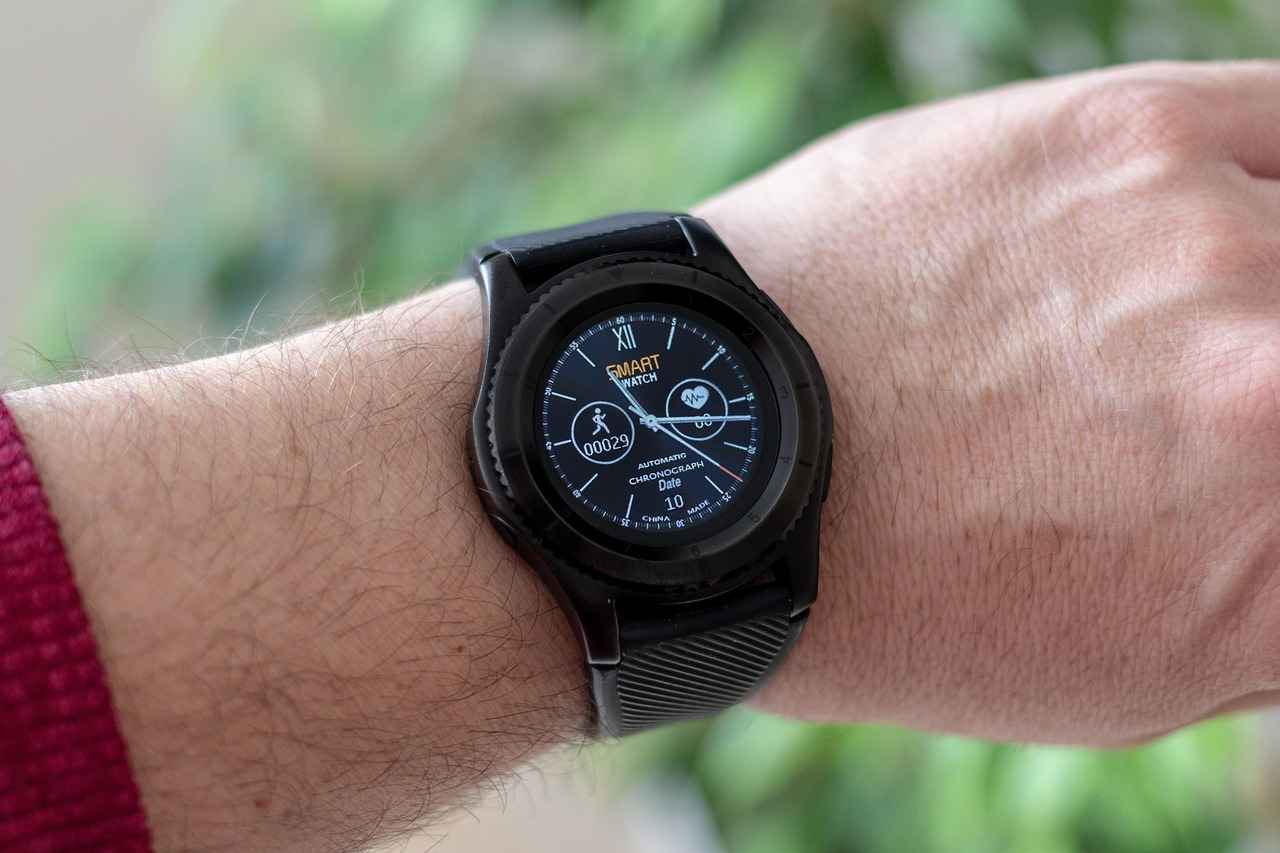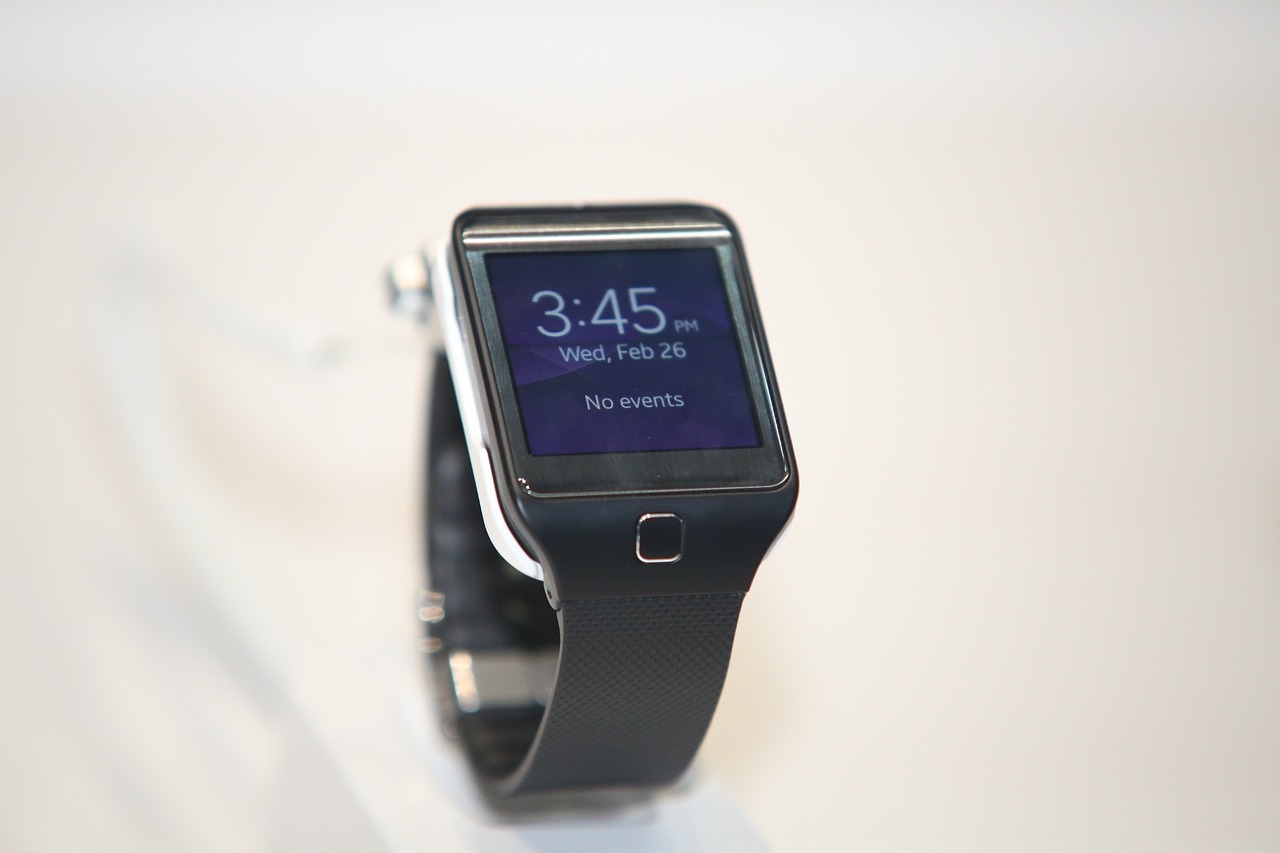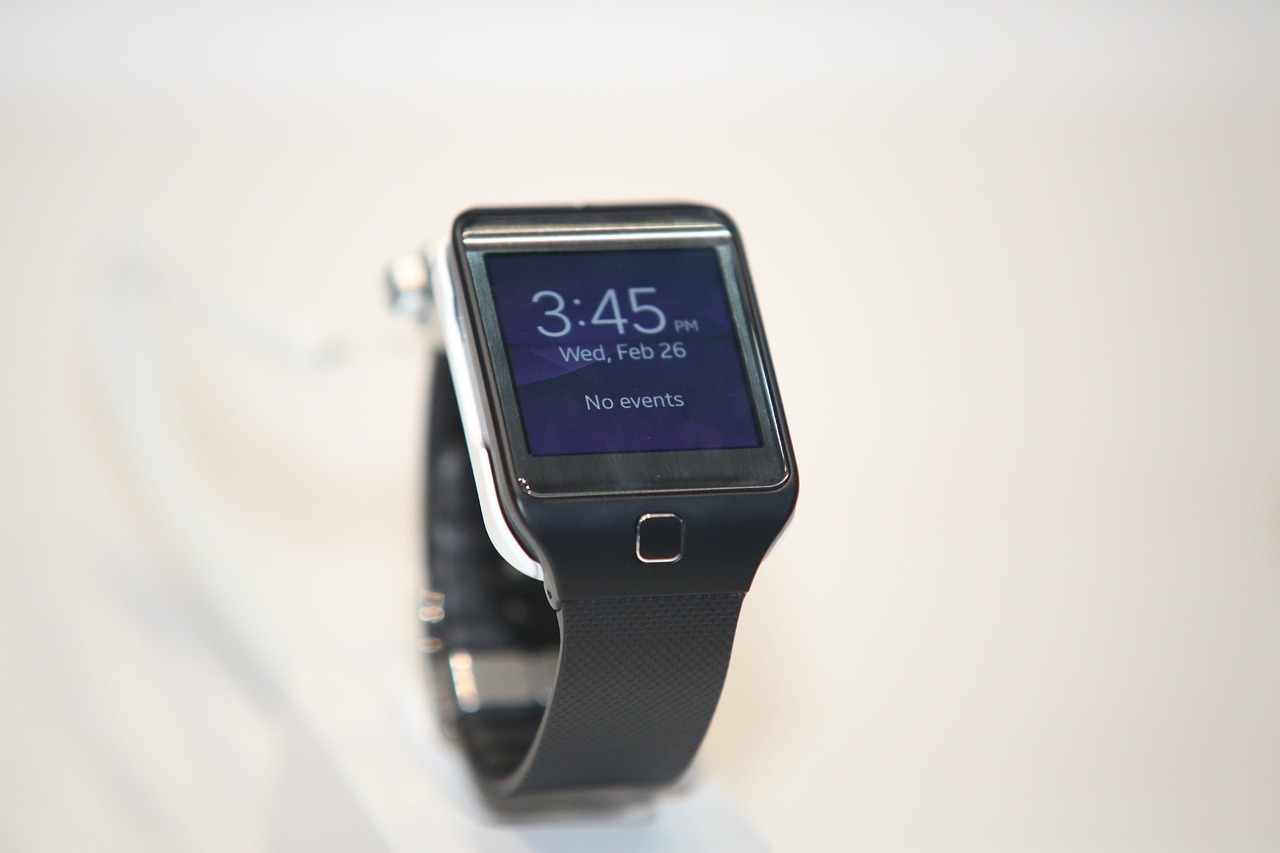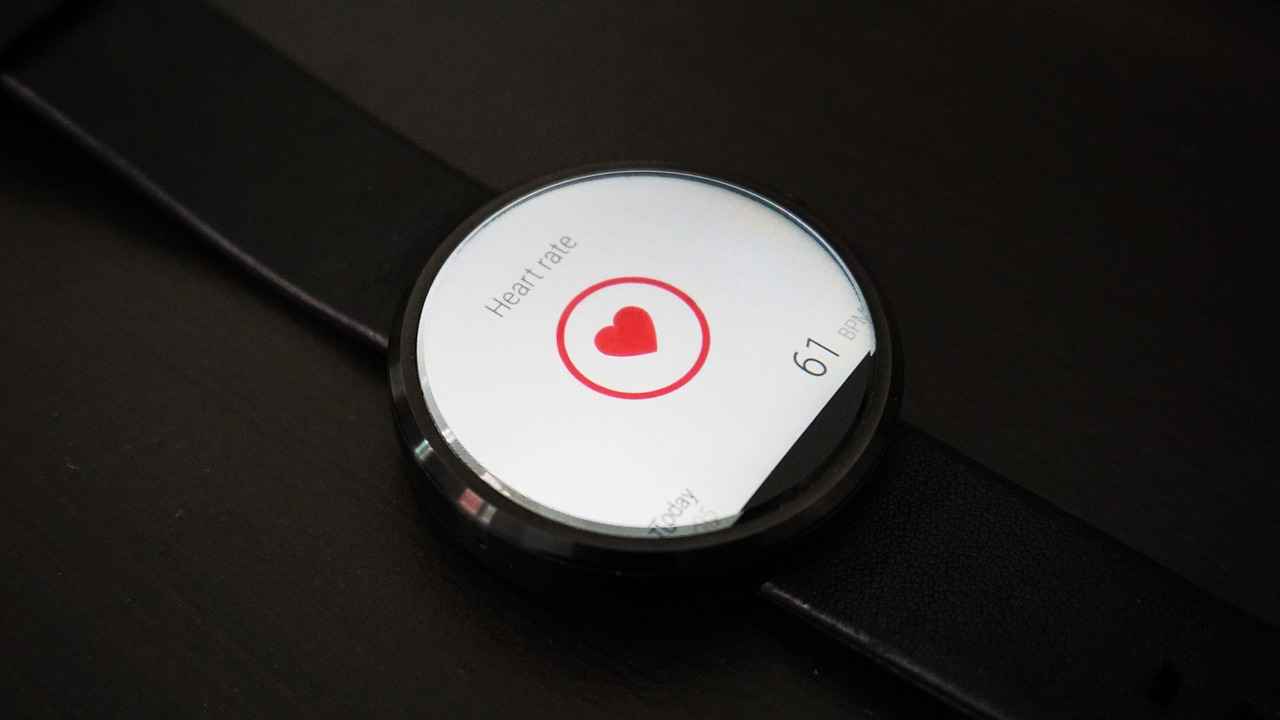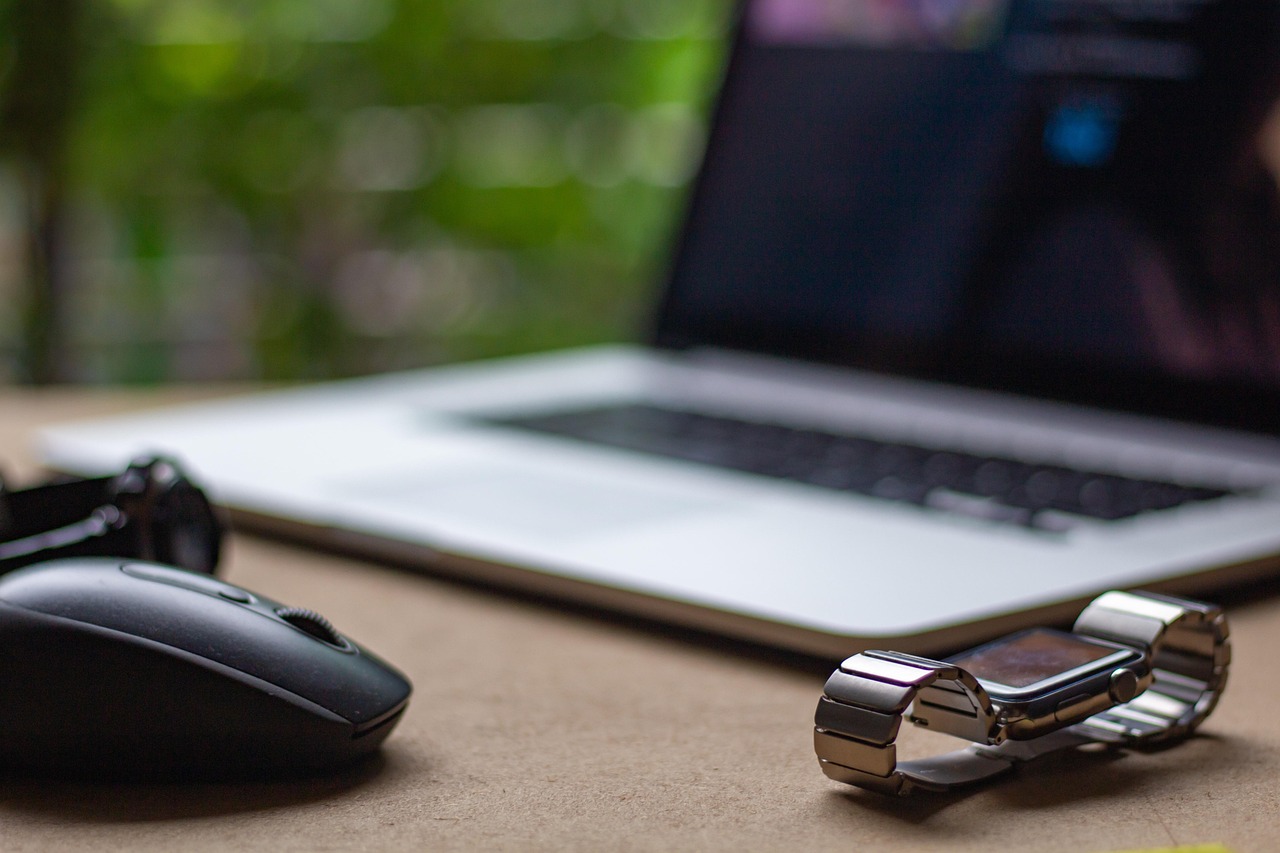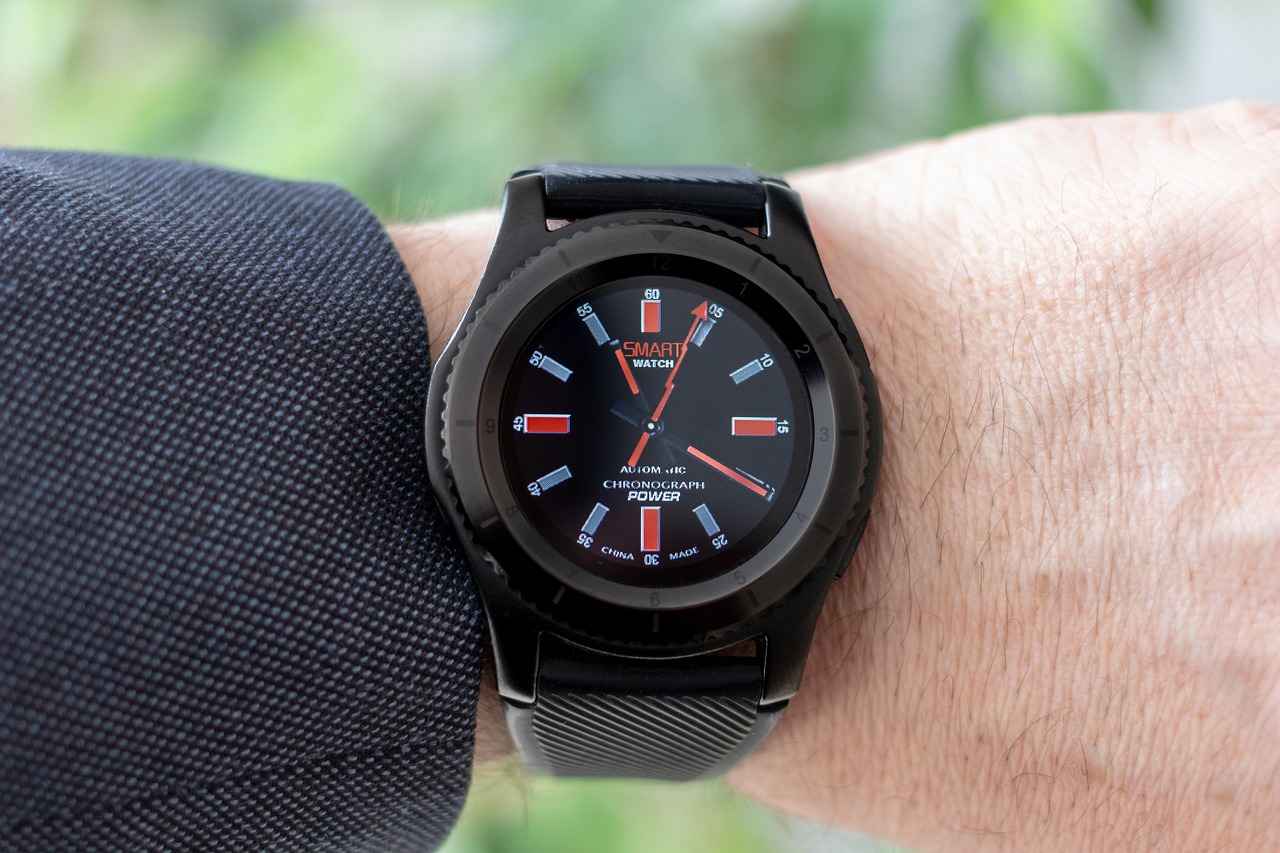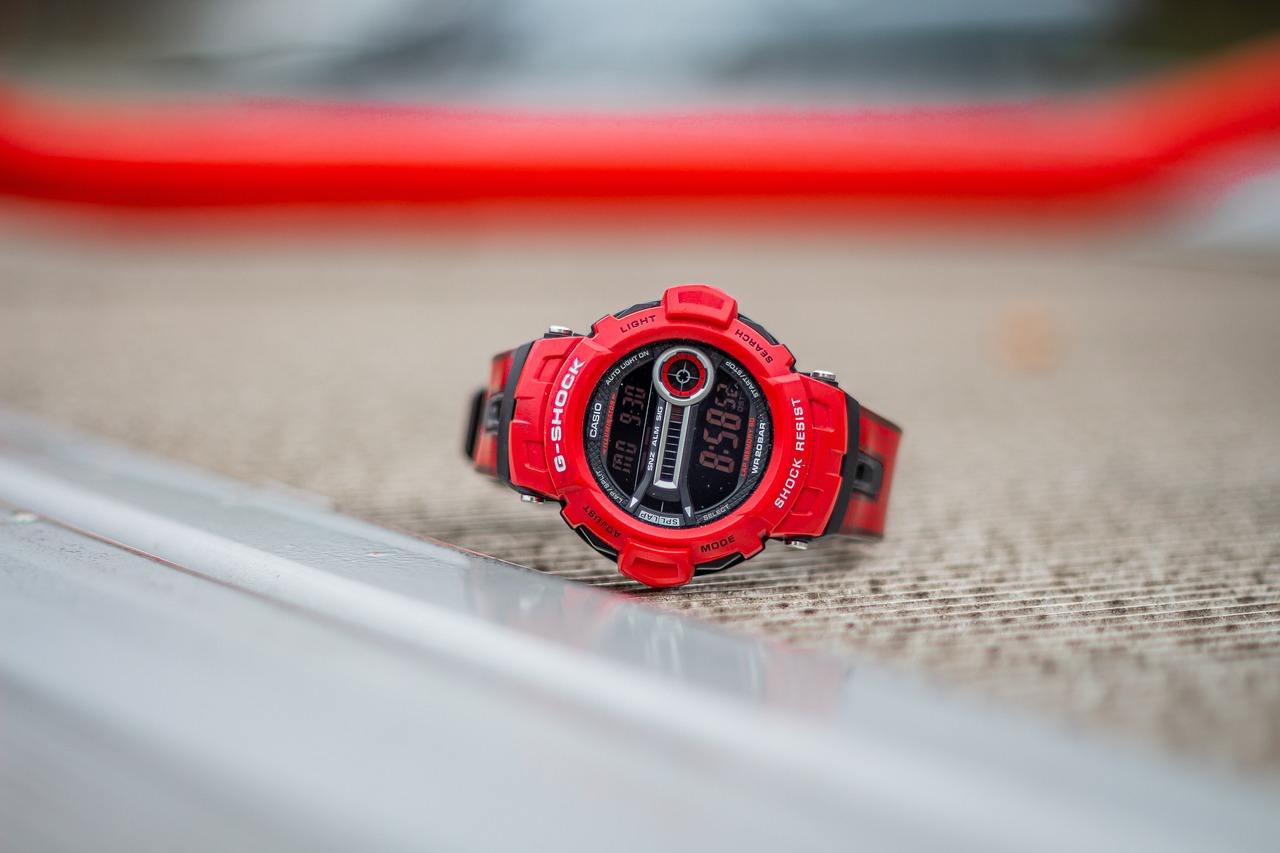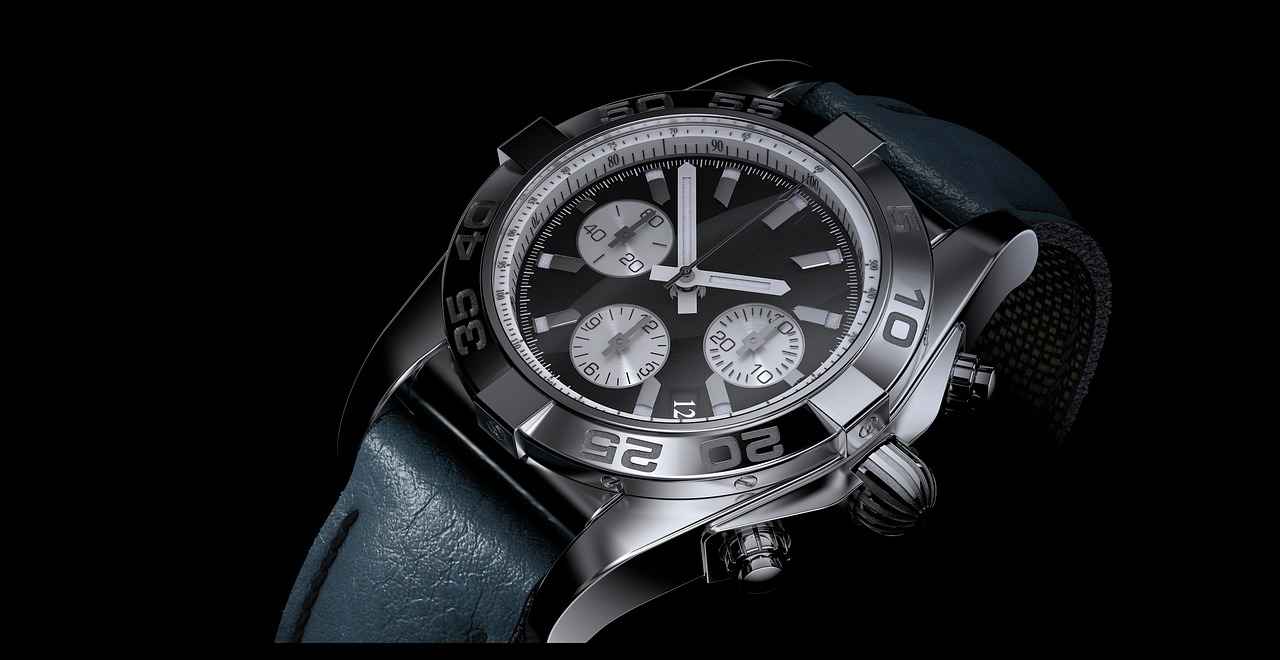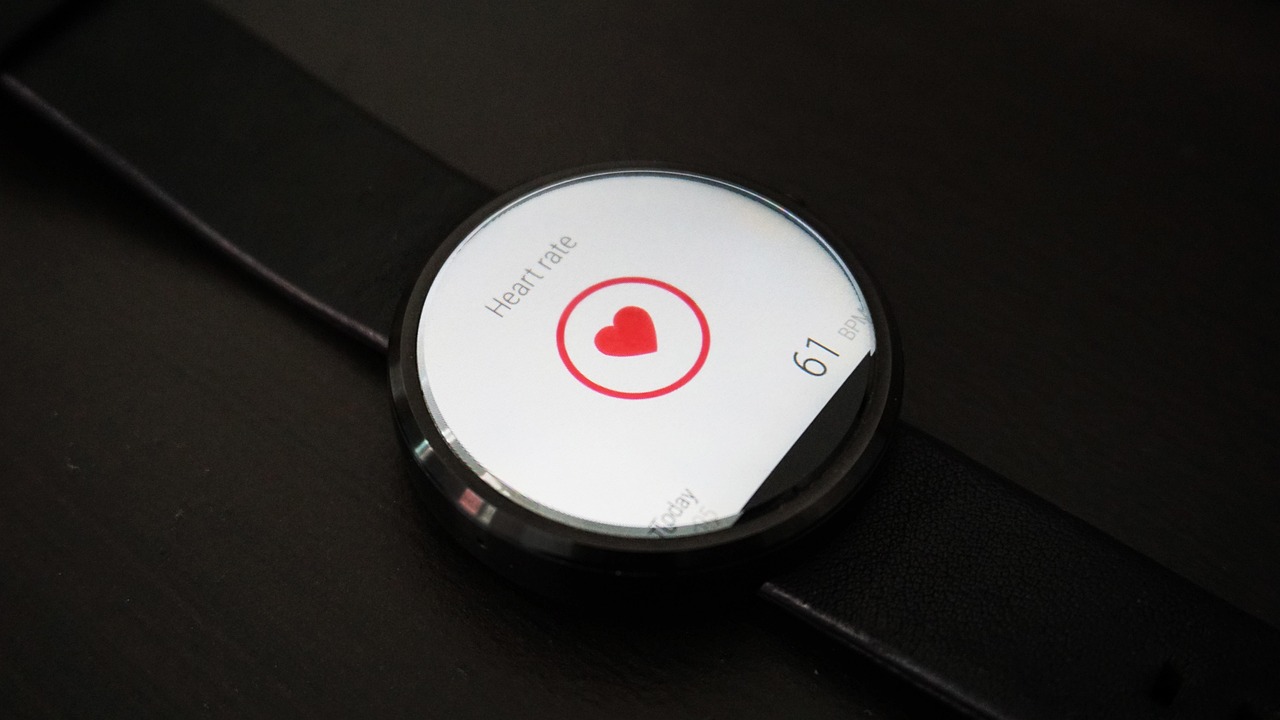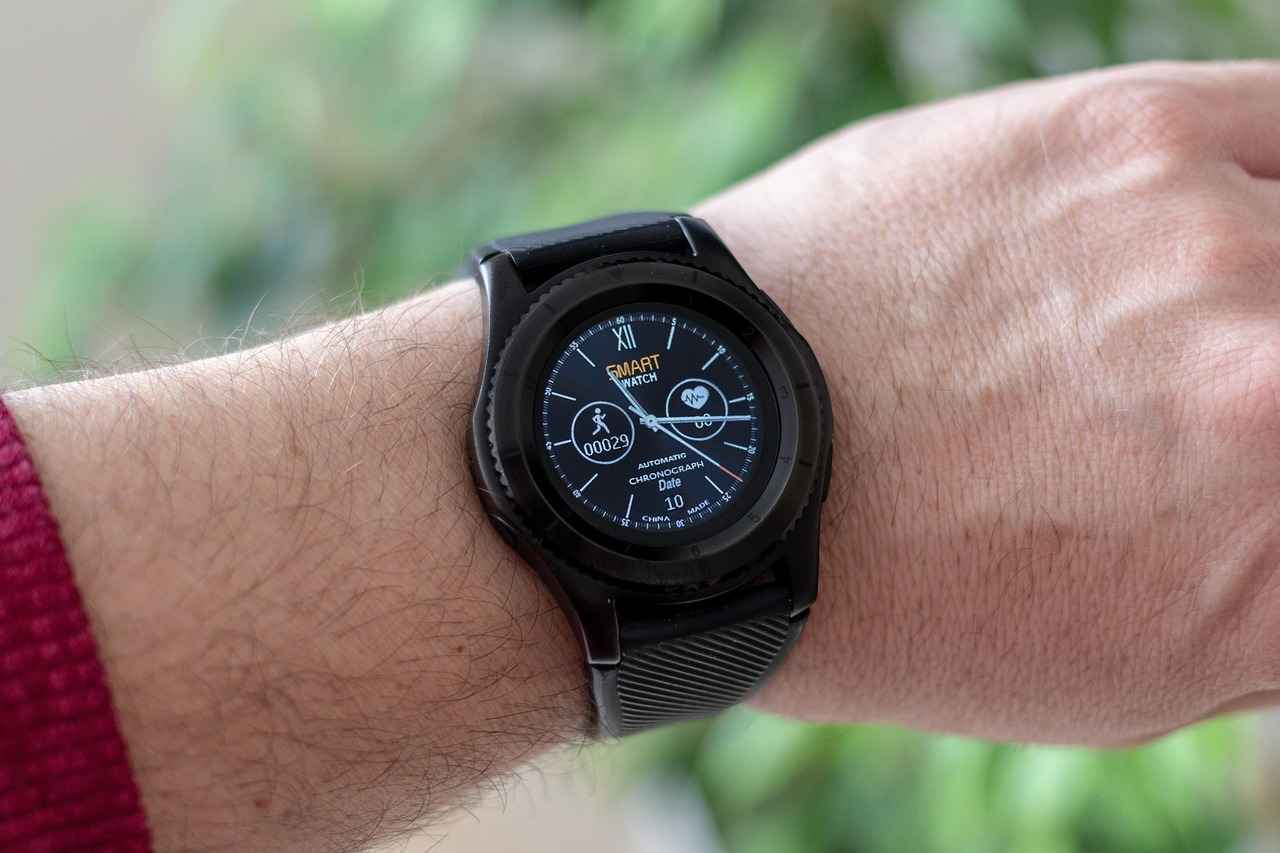This article explores the key differences and similarities between Samsung Smart Watches and Fitbit devices, helping you make an informed decision on which wearable technology best suits your needs.
As the world of wearable technology continues to evolve, understanding the distinctions between smartwatches and fitness trackers is essential. Smartwatches like Samsung’s models are designed for multifunctionality, integrating various applications and features beyond fitness tracking. In contrast, fitness trackers like Fitbit prioritize health and activity monitoring, making them ideal for fitness enthusiasts.
Smartwatches and fitness trackers cater to different audiences. If your primary goal is to monitor your health metrics, a fitness tracker may be your best bet. However, if you seek a device that combines fitness tracking with smartphone capabilities, a smartwatch is the way to go.
Samsung Smart Watches are packed with features like:
- Health Monitoring: Advanced sensors for heart rate, ECG, and blood oxygen levels.
- Customizable Watch Faces: Personalize your watch to match your style.
- App Integration: Access a wide range of applications directly from your wrist.
Samsung Smart Watches excel in health monitoring with features such as:
- Continuous heart rate tracking
- Electrocardiogram (ECG) functionality
- Blood oxygen saturation monitoring
These features empower users to take charge of their health and wellness.
One significant advantage of Samsung Smart Watches is their seamless integration with other Samsung devices. This connectivity enhances user experience, allowing for smooth transitions between devices and improved functionality.
Fitbit has established itself as a leader in the fitness tracking market. Known for their simplicity and effectiveness, Fitbit devices offer:
- Comprehensive Fitness Tracking: Monitor daily steps, distance, calories burned, and more.
- Community Engagement: Features that encourage social interaction and competition.
Fitbit devices are particularly renowned for their fitness tracking capabilities. They provide various metrics to help users maintain a healthy lifestyle, including:
- Sleep tracking
- Heart rate monitoring
- Exercise recognition
When comparing Samsung Smart Watches and Fitbit devices, consider factors such as:
- Price Range: Both brands offer a variety of models at different price points.
- User Experience: Evaluate the interface and ease of use for each device.
Ultimately, choosing between a Samsung Smart Watch and a Fitbit device depends on your individual needs and preferences. Assess your primary goals—whether it’s health monitoring, connectivity, or fitness tracking—to make the best decision for your lifestyle.

Understanding Smart Watches and Fitness Trackers
When it comes to wearable technology, smart watches and fitness trackers are two popular options that cater to different needs and lifestyles. Understanding the distinctions between these devices is crucial for making an informed choice that aligns with your personal fitness goals and daily activities.
Smart watches are multifunctional devices that not only track health metrics but also provide a range of features such as notifications, music control, and app integration. They are designed to offer a comprehensive digital experience on your wrist, allowing users to stay connected without needing to reach for their smartphones. With capabilities like GPS tracking, mobile payments, and customizable watch faces, smart watches are ideal for those who want more than just fitness tracking.
On the other hand, fitness trackers are primarily focused on health and activity monitoring. While they may offer some basic smartwatch functionalities, their main goal is to help users track their fitness progress. Features such as step counting, heart rate monitoring, and calorie tracking are standard in most fitness trackers. These devices are perfect for individuals who prioritize fitness and health over additional smart features.
| Feature | Smart Watches | Fitness Trackers |
|---|---|---|
| Health Monitoring | Advanced (ECG, Blood Oxygen) | Basic (Heart Rate, Steps) |
| Notifications | Yes | No |
| Battery Life | 1-3 days | 5-7 days |
| App Integration | Extensive | Limited |
Ultimately, the choice between a smart watch and a fitness tracker depends on your lifestyle. If you seek a device that combines fitness tracking with smart functionalities, a smart watch may be the right fit. However, if your primary goal is to monitor your fitness without the distractions of notifications and apps, a fitness tracker could be more suitable. Understanding these differences will help you select the device that best supports your fitness journey and daily routine.

Key Features of Samsung Smart Watches
Samsung Smart Watches are revolutionizing the wearable technology landscape with their innovative features and user-centric design. These devices are not just timepieces; they are comprehensive health and fitness companions that cater to a wide range of user needs.
Health Monitoring Capabilities
One of the standout features of Samsung Smart Watches is their advanced health monitoring capabilities. These devices are equipped with:
- Heart Rate Tracking: Continuous monitoring of your heart rate helps you stay informed about your cardiovascular health.
- ECG Functionality: The electrocardiogram feature allows users to take ECG readings, providing insights into heart health.
- Blood Oxygen Monitoring: This feature tracks your blood oxygen levels, a crucial metric for overall health.
These functionalities empower users to take charge of their health, making it easier to identify potential issues early on.
Customizable Watch Faces
Another appealing aspect of Samsung Smart Watches is the ability to customize watch faces. Users can choose from a wide array of designs, allowing them to express their personal style. This level of customization enhances user engagement and satisfaction.
App Integration
Samsung Smart Watches offer seamless app integration with various applications, including fitness, productivity, and entertainment. This integration allows users to receive notifications, control music, and even respond to messages directly from their wrist, enhancing convenience and functionality.
Exercise and Activity Tracking
With multiple workout modes and activity tracking features, Samsung Smart Watches motivate users to stay active. Whether you’re running, swimming, or cycling, these devices provide detailed metrics that help you monitor your progress and set achievable fitness goals.
In summary, Samsung Smart Watches stand out in the smartwatch market due to their comprehensive health monitoring, customizable features, and robust app integration, making them a top choice for both fitness enthusiasts and casual users alike.
Health Monitoring Capabilities
When it comes to health management, Samsung Smart Watches offer a plethora of advanced features that cater to health-conscious individuals. These devices are not merely timepieces; they are sophisticated health monitoring tools designed to provide users with essential insights into their well-being.
One of the standout features is heart rate tracking. This functionality allows users to monitor their heart rate in real-time, providing valuable data during workouts or throughout daily activities. By keeping an eye on your heart rate, you can optimize your exercise routines and ensure that you are training within your target heart rate zone.
Additionally, Samsung Smart Watches are equipped with an electrocardiogram (ECG)
Another important aspect of health monitoring is the ability to measure blood oxygen levels. This feature is particularly beneficial for individuals who engage in high-altitude activities or those who want to monitor their respiratory health. By tracking blood oxygen saturation, users can gain insights into their overall fitness and well-being.
Furthermore, Samsung Smart Watches come with an array of additional health features, including stress management tools and guided breathing exercises. These elements work together to enhance your overall health management strategy, making it easier to maintain a balanced lifestyle.
In summary, the health monitoring capabilities of Samsung Smart Watches are extensive and designed to empower users in their health journeys. With features like heart rate tracking, ECG, and blood oxygen level monitoring, these devices serve as valuable companions for anyone looking to enhance their health management.
Sleep Tracking Features
Understanding sleep patterns is crucial for overall health. Quality sleep not only affects your mood and energy levels but also plays a significant role in your long-term health. Samsung devices have integrated advanced technology to track sleep quality, providing users with valuable insights to enhance their sleep experience.
Samsung Smart Watches utilize a range of sensors to monitor your sleep stages, including REM, light, and deep sleep. This data is collected during the night and analyzed to give you a comprehensive overview of your sleep quality. The device records how long you sleep, how often you wake up, and even your sleep efficiency. This information is crucial for understanding your sleep habits and identifying areas for improvement.
One of the standout features of Samsung’s sleep tracking is its ability to offer personalized recommendations. After analyzing your sleep data, the device can suggest optimal sleep schedules and lifestyle changes that may help you achieve better rest. For instance, if the device detects irregular sleep patterns, it may recommend adjusting your bedtime or reducing screen time before sleep.
In addition to tracking sleep, Samsung devices also offer a Sleep Score, which summarizes your sleep quality into an easy-to-understand metric. This score takes into account various factors such as duration, efficiency, and disturbances, allowing you to monitor your progress over time.
Furthermore, Samsung’s integration with the Samsung Health app enhances your sleep tracking experience. The app consolidates all health metrics, including sleep data, enabling you to view trends and make informed decisions about your health and wellness. By understanding your sleep patterns through these insights, you can take actionable steps towards improving your overall well-being.
In summary, Samsung devices provide a comprehensive approach to sleep tracking, offering essential insights and personalized recommendations. By utilizing these features, you can work towards achieving better sleep quality, which is vital for maintaining overall health.
Exercise and Activity Tracking
When it comes to , Samsung Smart Watches stand out with their comprehensive suite of features designed to keep users motivated and engaged. These devices not only track workouts but also provide valuable insights that can help you reach your fitness goals.
One of the key aspects of Samsung Smart Watches is their ability to offer multiple workout modes. Whether you’re into running, cycling, swimming, or yoga, these smartwatches can cater to your specific needs. Each mode is optimized to track relevant metrics such as distance, heart rate, and calories burned, ensuring that you receive accurate feedback on your performance.
Additionally, Samsung Smart Watches come equipped with a built-in GPS, which allows you to map your outdoor activities without needing to carry your smartphone. This feature is particularly useful for those who enjoy running or cycling in unfamiliar areas, as it provides real-time tracking and route planning.
Another motivating feature is the activity reminders. Samsung Smart Watches encourage users to stay active throughout the day by sending notifications to remind you to move if you’ve been sedentary for too long. This simple nudge can be a game-changer in cultivating a more active lifestyle.
Moreover, the integration of health metrics such as heart rate monitoring and stress tracking adds another layer of motivation. By understanding how your body responds to different exercises, you can tailor your workouts to improve overall performance and well-being.
Lastly, the Samsung Health app complements the smartwatch experience by providing a platform to track your progress over time. You can set personal goals, view your workout history, and even participate in challenges with friends, making fitness a more social and engaging experience.
In summary, Samsung Smart Watches offer a robust set of features for exercise and activity tracking that not only help you monitor your workouts but also motivate you to stay active and achieve your fitness aspirations.
Integration with Other Devices
One of the standout features of Samsung Smart Watches is their seamless integration with a wide array of other Samsung devices. This connectivity not only enhances the overall user experience but also significantly boosts the functionality of the smartwatch.
When paired with devices such as Samsung smartphones, tablets, and even smart home products, Samsung Smart Watches allow users to enjoy a cohesive ecosystem. For instance, notifications from your phone can be easily viewed and managed directly on your wrist. This means you can stay connected without needing to constantly check your phone, making it an ideal solution for those who lead busy lives.
Moreover, the integration extends to health and fitness tracking. Users can sync their health data across devices, which provides a comprehensive view of their wellness journey. For example, data collected from a Samsung Smart Watch can be accessed through the Samsung Health app on a smartphone, allowing for detailed analysis and trend tracking over time.
Another significant aspect is the ability to control other smart devices directly from your Samsung Smart Watch. Whether it’s adjusting the thermostat, controlling smart lights, or even managing music playback, the convenience of having such features at your fingertips is unparalleled. This level of interconnectivity not only simplifies daily tasks but also enhances the overall functionality of the smartwatch.
In addition, Samsung Smart Watches support various third-party apps that can further enrich the user experience. From fitness applications to productivity tools, the possibilities are vast, making these watches versatile companions for both fitness enthusiasts and tech-savvy individuals.
In summary, the seamless integration of Samsung Smart Watches with other devices creates a comprehensive and user-friendly experience. This connectivity not only enhances functionality but also encourages a more active and organized lifestyle.
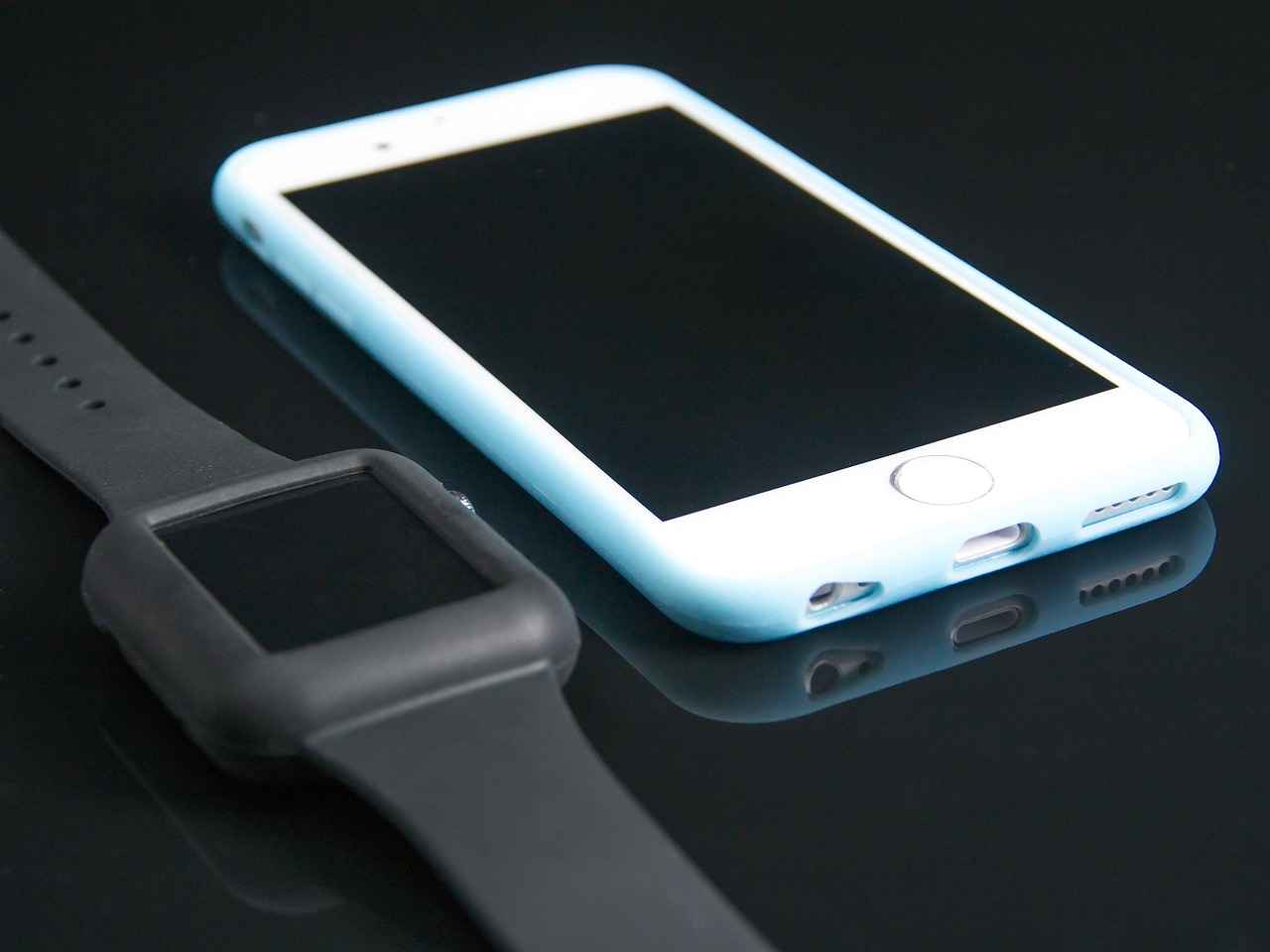
Exploring Fitbit Devices
Fitbit has carved out a significant niche in the fitness tracking industry, becoming synonymous with health and wellness monitoring. In this section, we delve into the unique features that contribute to the popularity of Fitbit devices among fitness enthusiasts.
- Comprehensive Activity Tracking: Fitbit devices are equipped with advanced sensors that track various activities, from steps taken to calories burned. These metrics provide users with a clear picture of their daily activity levels, motivating them to achieve their fitness goals.
- Heart Rate Monitoring: Continuous heart rate monitoring is a hallmark of Fitbit devices. This feature allows users to assess their cardiovascular health and optimize their workouts by staying within their target heart rate zones.
- Sleep Quality Analysis: Understanding sleep patterns is essential for overall health. Fitbit devices offer detailed insights into sleep stages, helping users improve their sleep quality and establish healthier sleep habits.
- Personalized Coaching: Many Fitbit models come with personalized coaching features that provide tailored workout recommendations and health tips based on user data. This level of customization can significantly enhance the user’s fitness journey.
- Community Engagement: Fitbit fosters a sense of community through its app, allowing users to connect with friends and family. This social aspect encourages friendly competition and accountability, which can be crucial for maintaining motivation.
- Long Battery Life: One of the standout features of Fitbit devices is their impressive battery life. Many models can last several days on a single charge, ensuring that users can track their fitness without frequent interruptions.
Fitbit’s commitment to innovation and user experience has solidified its position as a leader in fitness tracking. With a focus on health monitoring and community engagement, Fitbit devices empower users to take charge of their health and fitness journey.
Fitness Tracking and Health Monitoring
Fitbit devices have established themselves as a cornerstone in the realm of fitness tracking, offering a comprehensive suite of features designed to promote a healthier lifestyle. With their focus on user-friendly interfaces and robust tracking capabilities, they cater to both fitness novices and seasoned athletes alike.
Understanding the Metrics
- Step Count: One of the most fundamental features, Fitbit tracks your daily steps, encouraging you to meet your activity goals.
- Heart Rate Monitoring: Continuous heart rate tracking helps you gauge your fitness level and manage your workouts effectively.
- Sleep Tracking: By monitoring your sleep patterns, Fitbit provides insights into your sleep quality, helping you improve your rest.
- Calorie Burn: Fitbit calculates calories burned throughout the day, allowing you to understand your energy expenditure.
- Exercise Tracking: With multiple exercise modes, Fitbit devices can track specific workouts, providing detailed statistics for each session.
How Fitbit Helps You Stay Healthy
Fitbit’s comprehensive data collection empowers users to make informed health decisions. For instance, by analyzing your heart rate trends, you can tailor your workouts to optimize cardiovascular health. Additionally, the sleep tracking feature can help identify disturbances in your sleep cycle, prompting necessary lifestyle adjustments.
Community Engagement
Another standout feature of Fitbit is its community aspect. Users can connect with friends and family, join challenges, and share their progress. This social interaction not only fosters a sense of accountability but also motivates individuals to stay active and committed to their fitness goals.
In summary, Fitbit devices offer an extensive range of metrics that not only track your fitness journey but also provide actionable insights to enhance your overall well-being. By utilizing these features, you can take significant strides towards maintaining a healthy lifestyle.
Community and Social Features
Fitbit has successfully carved a niche for itself in the fitness tracking market, and a significant part of its appeal lies in its . These elements are designed to foster a sense of connection among users, making fitness a shared journey rather than a solitary endeavor. This section explores how these social features can serve as a powerful motivator for users to stay active and engaged.
One of the standout aspects of Fitbit’s community is the ability to connect with friends and family. Users can easily invite others to join their fitness journey, creating a supportive network that encourages accountability. This social interaction can be a game-changer for many individuals, as it transforms personal fitness goals into shared challenges. For example, users can participate in friendly competitions through challenges that track steps, active minutes, or workouts.
Fitbit also offers a feature called Fitbit Groups, where users can join communities based on shared interests or fitness goals. This allows for the exchange of tips, motivation, and support, fostering a sense of belonging. Engaging with a group can provide users with new ideas for workouts or healthy recipes, enhancing their overall fitness experience.
Moreover, users can share their achievements on social media platforms directly from the Fitbit app. Celebrating milestones such as reaching a step goal or completing a workout can amplify motivation and inspire others. The visibility of these accomplishments not only reinforces personal commitment but also encourages friends and family to partake in healthier habits.
Additionally, Fitbit’s leaderboards allow users to see how they stack up against their friends, adding a layer of friendly competition. This can be particularly motivating for those who thrive on competition and enjoy pushing themselves to achieve better results.
In summary, Fitbit’s community and social features create an engaging environment that encourages users to stay active. By leveraging connections with friends, participating in groups, and celebrating achievements, users can find the motivation they need to maintain their fitness journey.
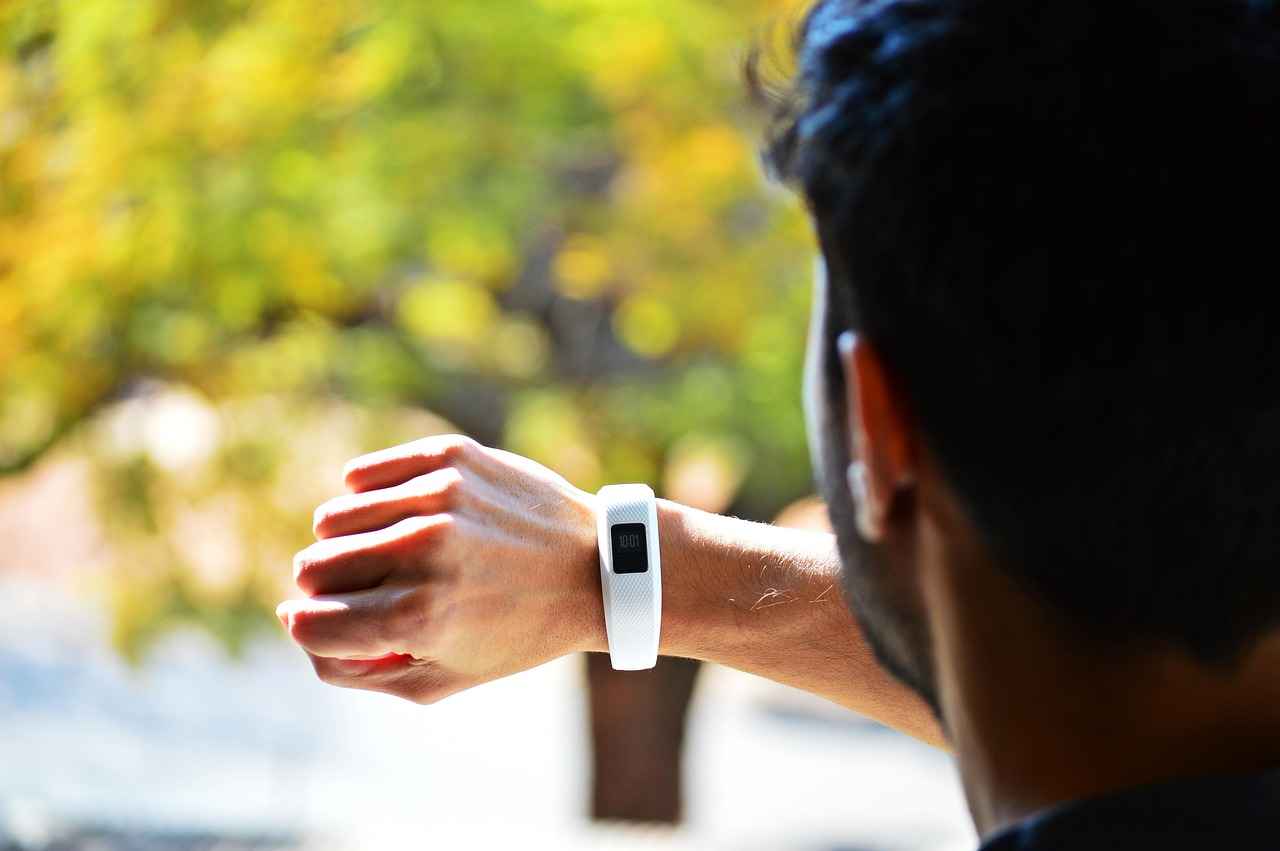
Comparative Analysis: Samsung vs. Fitbit
When it comes to wearable technology, Samsung Smart Watches and Fitbit devices are two of the most recognized names in the market. Each brand offers unique features, catering to different user preferences and lifestyles. This comparative analysis will help you understand the strengths and weaknesses of both brands, allowing you to make an informed decision.
Design and Aesthetics
- Samsung Smart Watches are known for their sleek, modern designs and customizable watch faces, appealing to users who prioritize style.
- Fitbit devices tend to have a more utilitarian design, focusing on functionality over fashion, which may appeal to fitness enthusiasts more than casual users.
Health and Fitness Tracking
- Samsung Smart Watches offer advanced health monitoring features, including ECG and blood oxygen tracking, making them suitable for users seeking comprehensive health insights.
- Fitbit devices excel in fitness tracking, providing detailed metrics on steps, calories burned, and sleep quality, which can be crucial for users focusing on fitness goals.
Battery Life
- Samsung Smart Watches typically have a battery life of 1-2 days, depending on usage, which may require more frequent charging.
- Fitbit devices often boast longer battery life, lasting up to a week or more, making them more convenient for users who prefer less frequent charging.
App Ecosystem and Compatibility
- Samsung’s ecosystem allows for seamless integration with other Samsung devices, enhancing the overall user experience.
- Fitbit’s app offers a robust community aspect, encouraging users to connect with friends and participate in challenges, fostering motivation and engagement.
In summary, both Samsung and Fitbit have their unique advantages. Your choice should depend on whether you prioritize advanced health features, design, battery life, or community engagement.
Price Range and Value for Money
When it comes to choosing between Samsung Smart Watches and Fitbit devices, understanding the pricing structure of both brands is essential. This section dives into a comparative analysis of the cost-effectiveness of Samsung and Fitbit devices, focusing on their features and functionalities.
Samsung Smart Watches generally fall into a higher price range compared to Fitbit devices. However, this higher cost often reflects a broader array of advanced features. For instance, Samsung watches come equipped with functionalities such as ECG monitoring, customizable watch faces, and extensive app integration, which can justify their price tag for tech-savvy users. On the other hand, Fitbit devices are typically more budget-friendly and cater primarily to fitness enthusiasts looking for essential tracking capabilities.
To provide a clearer picture, here’s a breakdown of the pricing and features:
| Device | Price Range | Key Features |
|---|---|---|
| Samsung Galaxy Watch | $250 – $400 | Health monitoring, ECG, blood oxygen tracking, customizable interfaces |
| Fitbit Charge 5 | $150 – $180 | Heart rate tracking, sleep monitoring, fitness tracking, basic notifications |
| Samsung Galaxy Watch Active 2 | $250 – $300 | Fitness tracking, stress management, sleep tracking, music storage |
| Fitbit Inspire 2 | $100 – $130 | 24/7 heart rate tracking, sleep insights, active zone minutes |
While Samsung watches offer a rich feature set that may appeal to users seeking a multifunctional device, Fitbit’s affordability and focus on fitness tracking make it an attractive option for those on a budget. Ultimately, the value for money depends on individual needs and preferences. Users looking for a comprehensive smartwatch experience may find Samsung’s offerings worth the investment, while fitness enthusiasts might prefer the practicality and simplicity of Fitbit devices.
User Experience and Interface
The user interface of a wearable device plays a crucial role in determining its overall usability. When comparing Samsung Smart Watches and Fitbit devices, one can observe distinct differences in their interfaces that significantly affect user experience.
Samsung Smart Watches are known for their intuitive navigation and customizable layouts. The interface is designed to be user-friendly, allowing users to access various features with minimal effort. The use of a rotating bezel in some models enhances the navigation experience, enabling users to scroll through apps and notifications smoothly. Additionally, Samsung’s integration of touchscreen functionality allows for quick access to essential features, making it easier for users to manage their daily tasks.
On the other hand, Fitbit devices prioritize simplicity and functionality in their interfaces. The Fitbit app is highly regarded for its straightforward design, making it easy for users to track their fitness metrics and health data. The interface focuses on presenting information clearly, with large icons and straightforward navigation paths. However, some users may find the lack of advanced customization options limiting compared to Samsung’s offerings.
Accessibility is another critical factor to consider. Samsung Smart Watches provide a range of accessibility features, including voice commands and haptic feedback, which cater to users with different needs. Fitbit, while also offering some accessibility options, may not match the extensive range available on Samsung devices.
In summary, the user experience and interface of Samsung Smart Watches and Fitbit devices cater to different preferences. Samsung’s focus on customization and advanced features contrasts with Fitbit’s emphasis on simplicity and ease of use. Ultimately, the choice between the two will depend on individual user needs and preferences.

Making the Right Choice for Your Needs
Choosing between a Samsung Smart Watch and a Fitbit can indeed be a daunting task, especially with the myriad of options available in the wearable technology market. To make an informed decision, it’s essential to evaluate your personal needs and preferences carefully.
- Identify Your Primary Use: Are you looking for a device primarily for fitness tracking, or do you want a multifunctional smart watch? Samsung Smart Watches are feature-rich, offering a wide array of apps and notifications, while Fitbits excel in fitness tracking and health monitoring.
- Consider Your Fitness Goals: If your focus is on health metrics, such as heart rate monitoring, sleep tracking, and calorie counting, a Fitbit might be more suitable. On the other hand, if you want a device that can also manage calls and messages, a Samsung Smart Watch might be the better choice.
- Evaluate Compatibility: Ensure that the device you choose is compatible with your smartphone. Samsung Smart Watches work best with Samsung devices, while Fitbits are generally compatible with both Android and iOS.
- Battery Life: Assess how often you are willing to charge your device. Fitbits typically have longer battery life than Samsung Smart Watches, which may require more frequent charging due to their advanced features.
- Design and Customization: Both brands offer a range of styles, but Samsung Smart Watches often provide more options for customization, including watch faces and bands.
Ultimately, the decision should be based on what you prioritize most in a wearable device. Whether it’s fitness tracking, smart functionalities, or design, understanding your own preferences will guide you to the right choice.
Frequently Asked Questions
- What are the main differences between Samsung Smart Watches and Fitbit devices?
Samsung Smart Watches tend to focus on a broader range of features, including smartphone integration and extensive app support, while Fitbit devices prioritize fitness tracking and health monitoring. If you’re looking for a versatile smartwatch, Samsung might be your best bet. However, if fitness is your primary goal, Fitbit could be the ideal choice.
- Can I use Samsung Smart Watches and Fitbit devices without a smartphone?
Both types of devices can function independently to some extent. Samsung Smart Watches offer features like music playback and notifications directly on the watch, but for full functionality, a smartphone is recommended. Fitbit devices can track activities and sleep without a phone, but syncing data and accessing advanced features typically require a connection to a smartphone app.
- Which device is better for sleep tracking?
Both Samsung and Fitbit offer solid sleep tracking features, but Fitbit is often praised for its more detailed insights and sleep score metrics. If understanding your sleep patterns is crucial for you, Fitbit might provide a more comprehensive analysis.
- Are Samsung Smart Watches and Fitbit devices waterproof?
Yes, most models from both brands are water-resistant to varying degrees. However, it’s essential to check the specific model’s specifications, as water resistance ratings can differ. Always remember that while they can handle splashes and swimming, they’re not meant for deep-sea diving!
